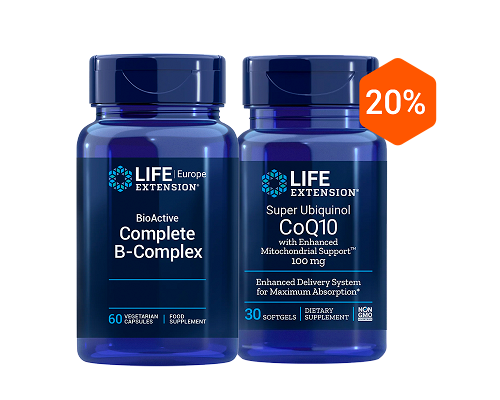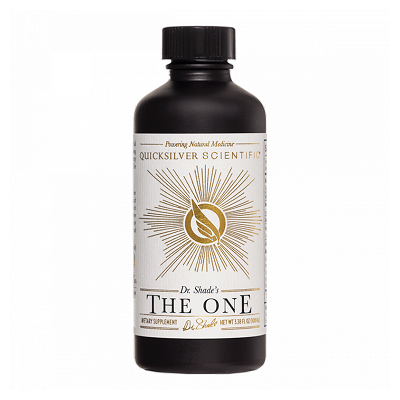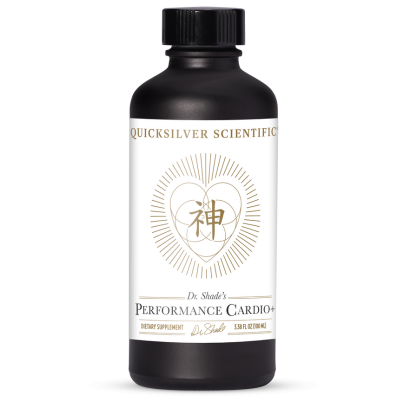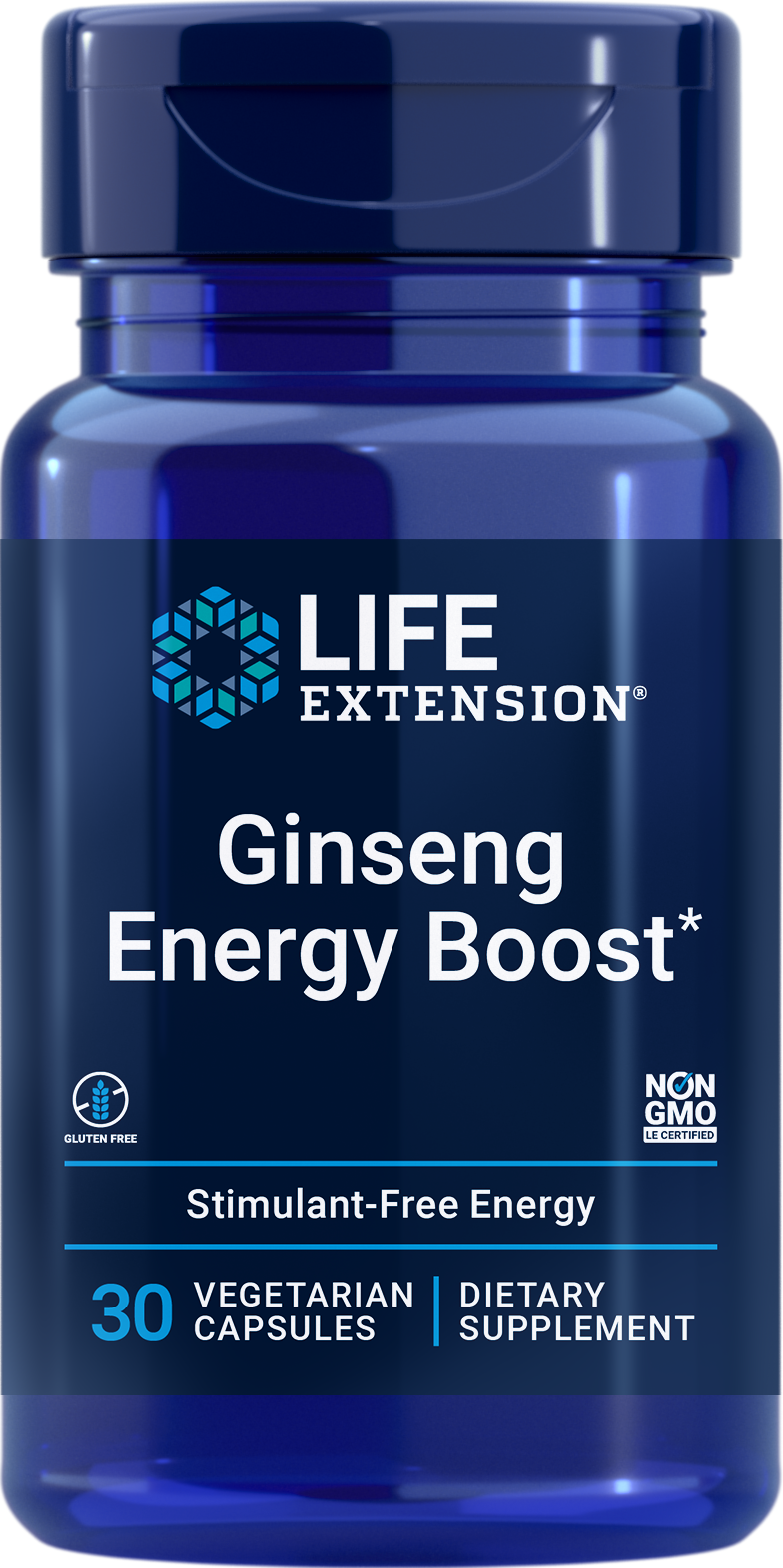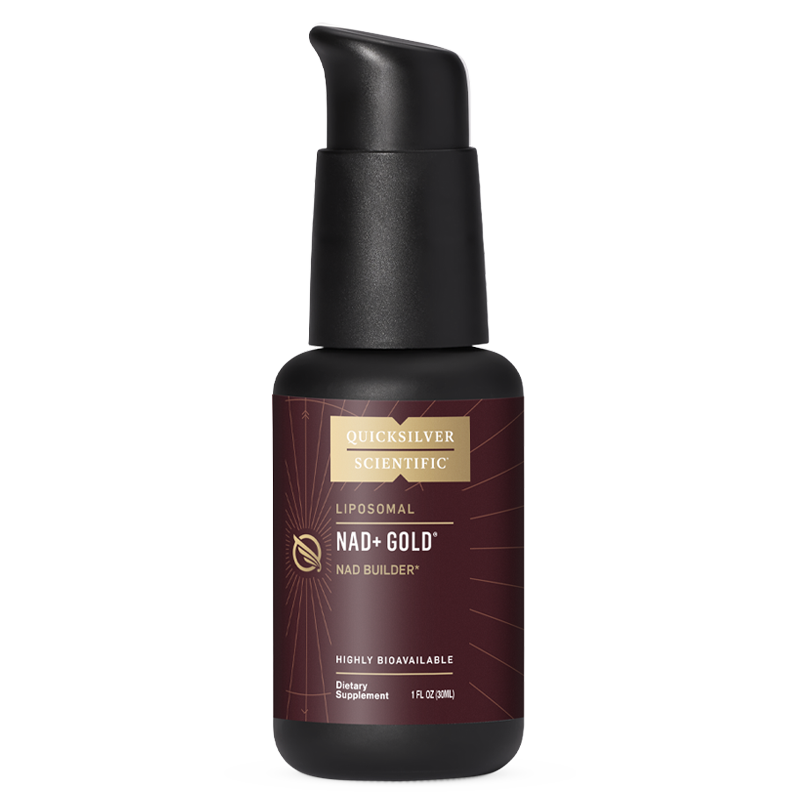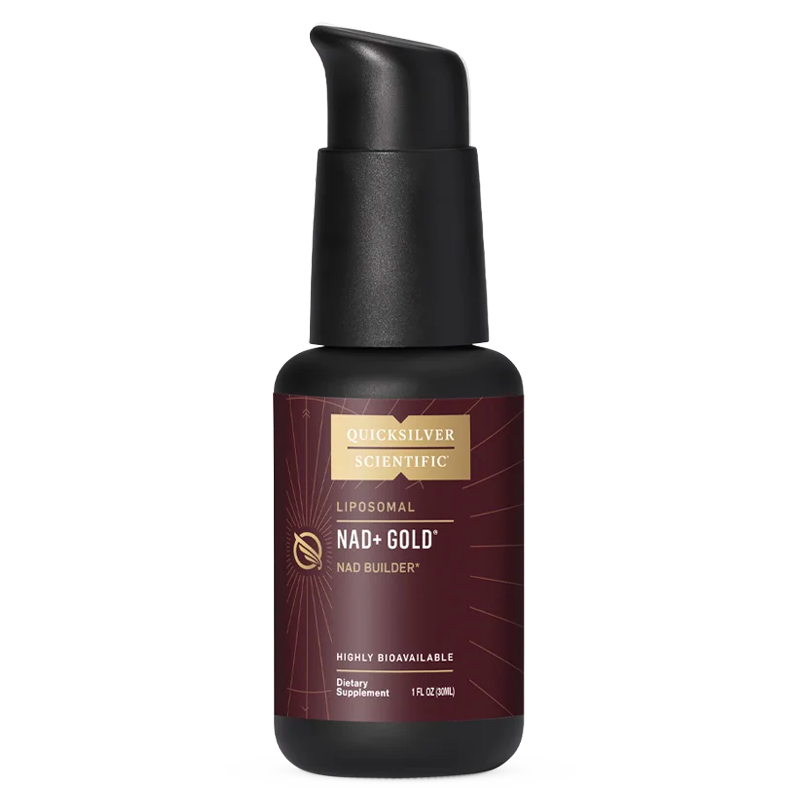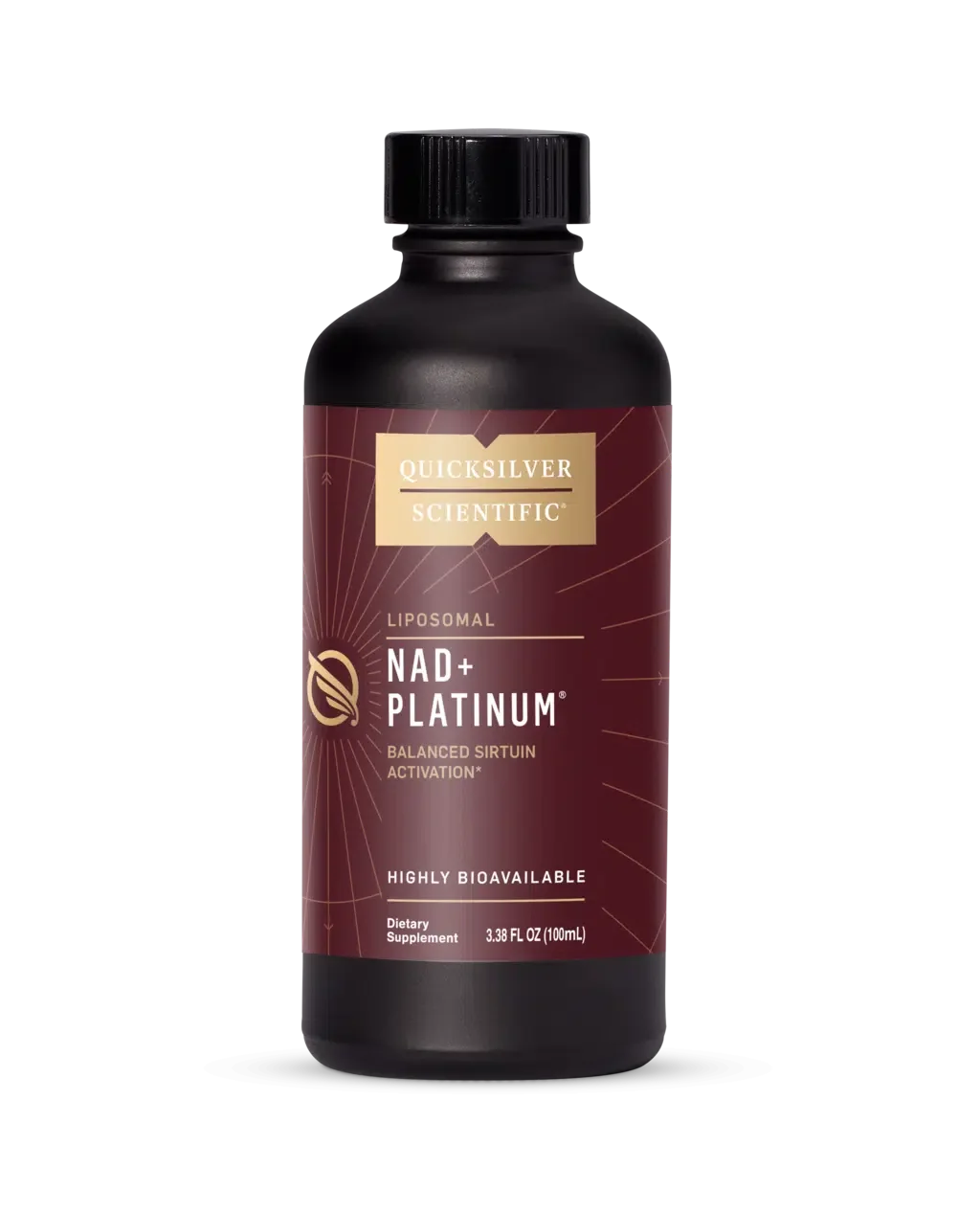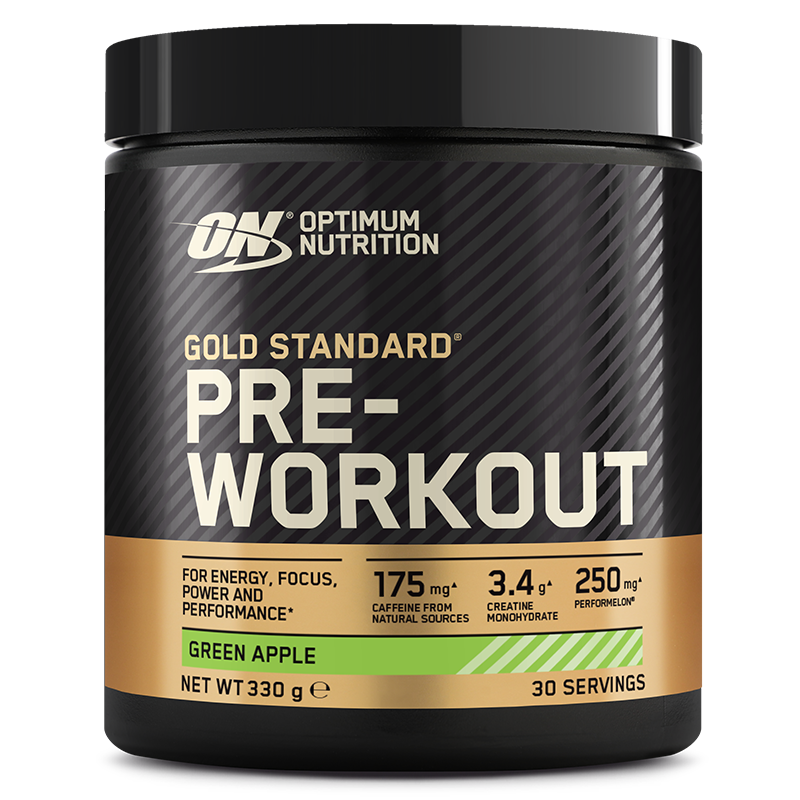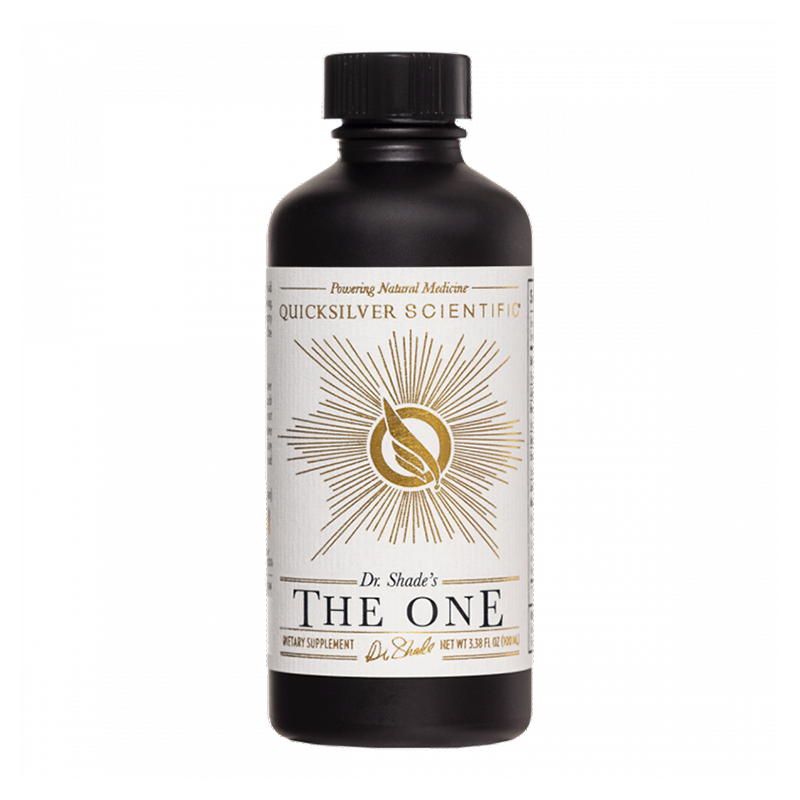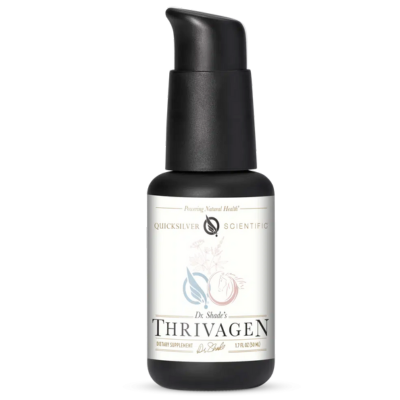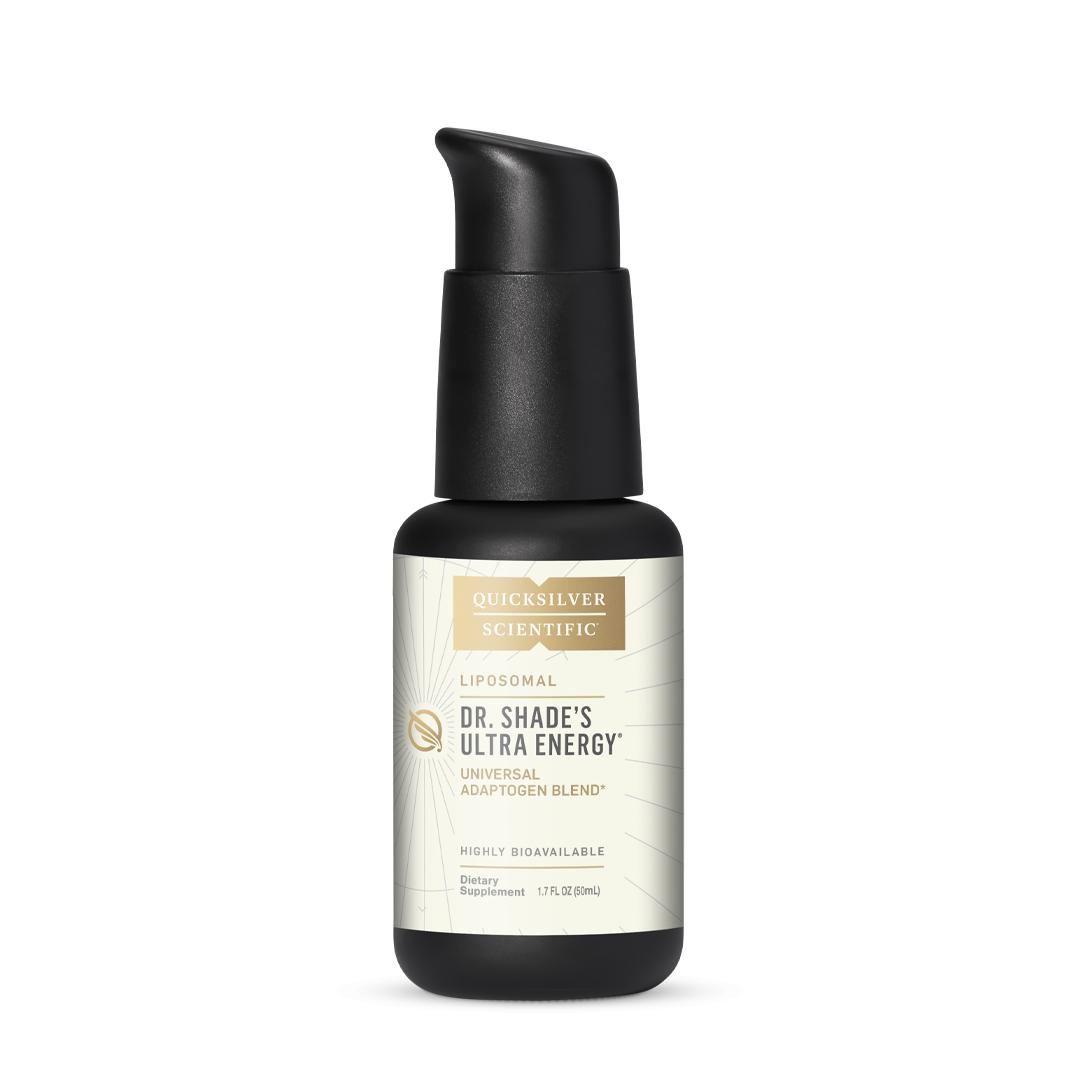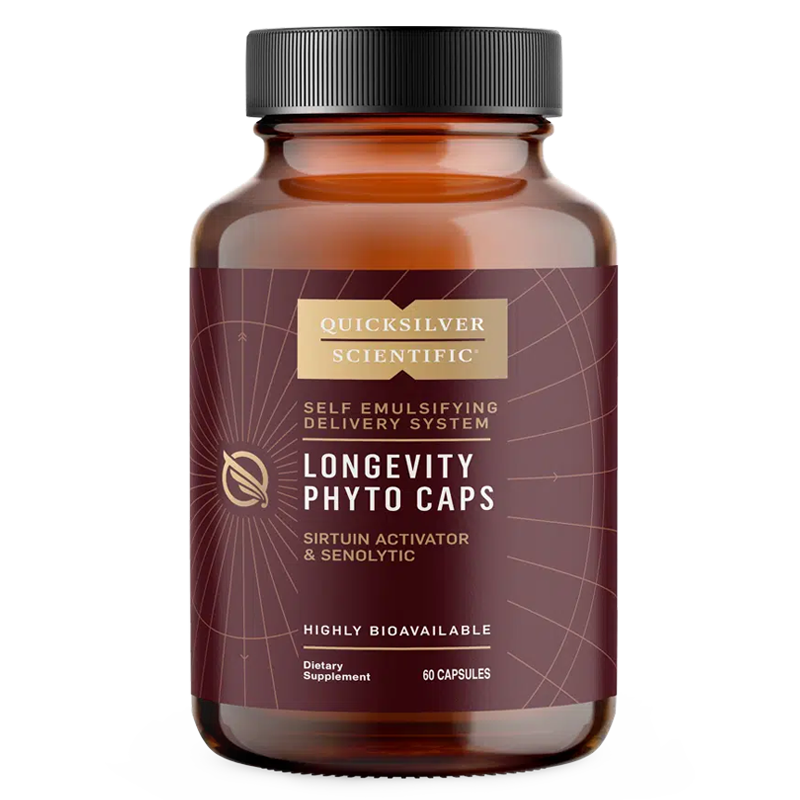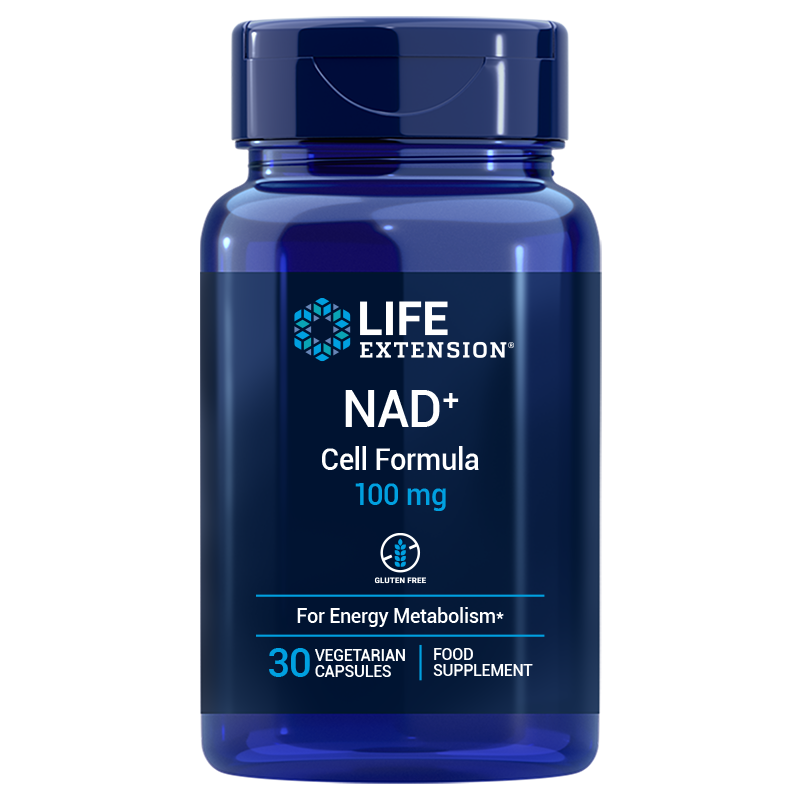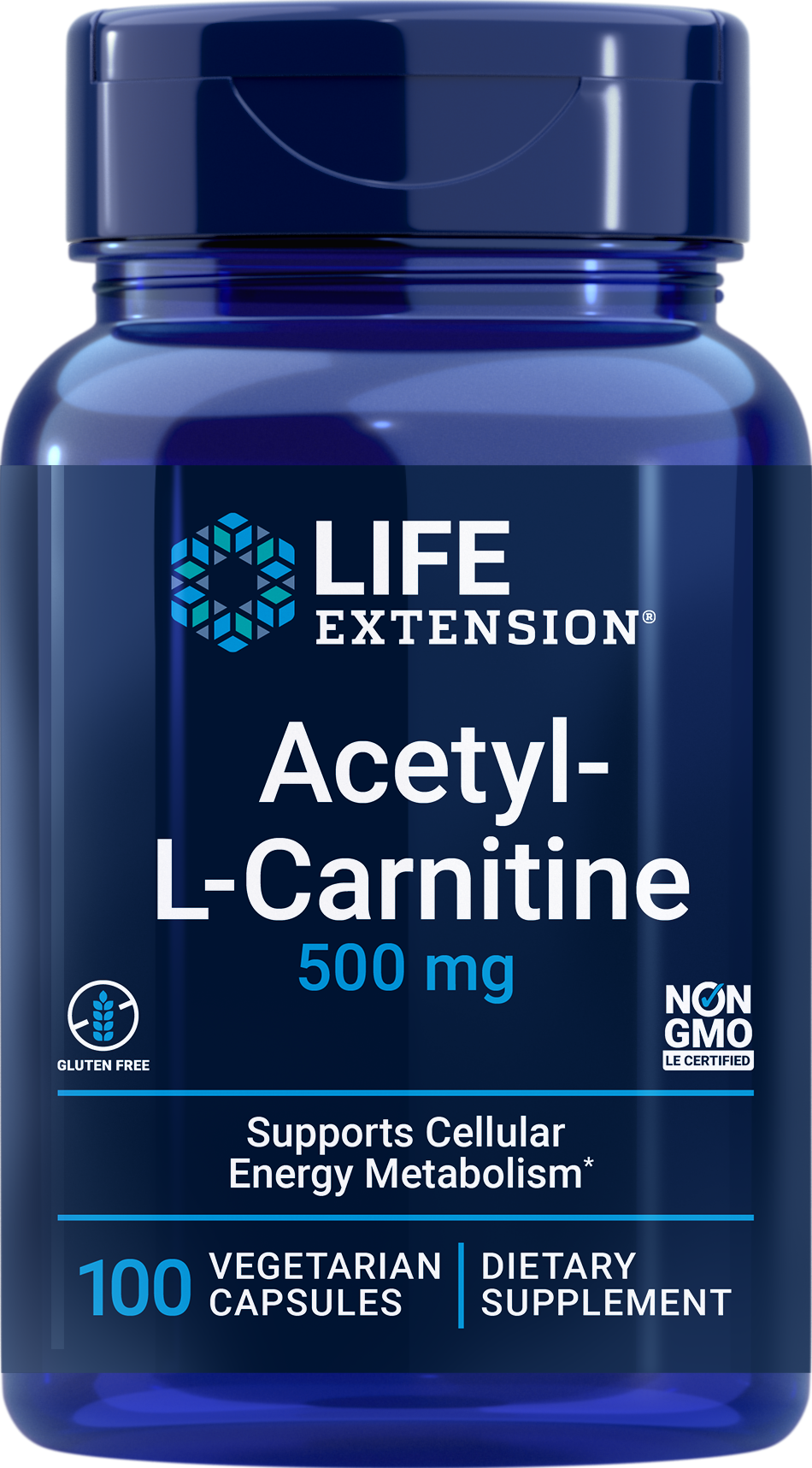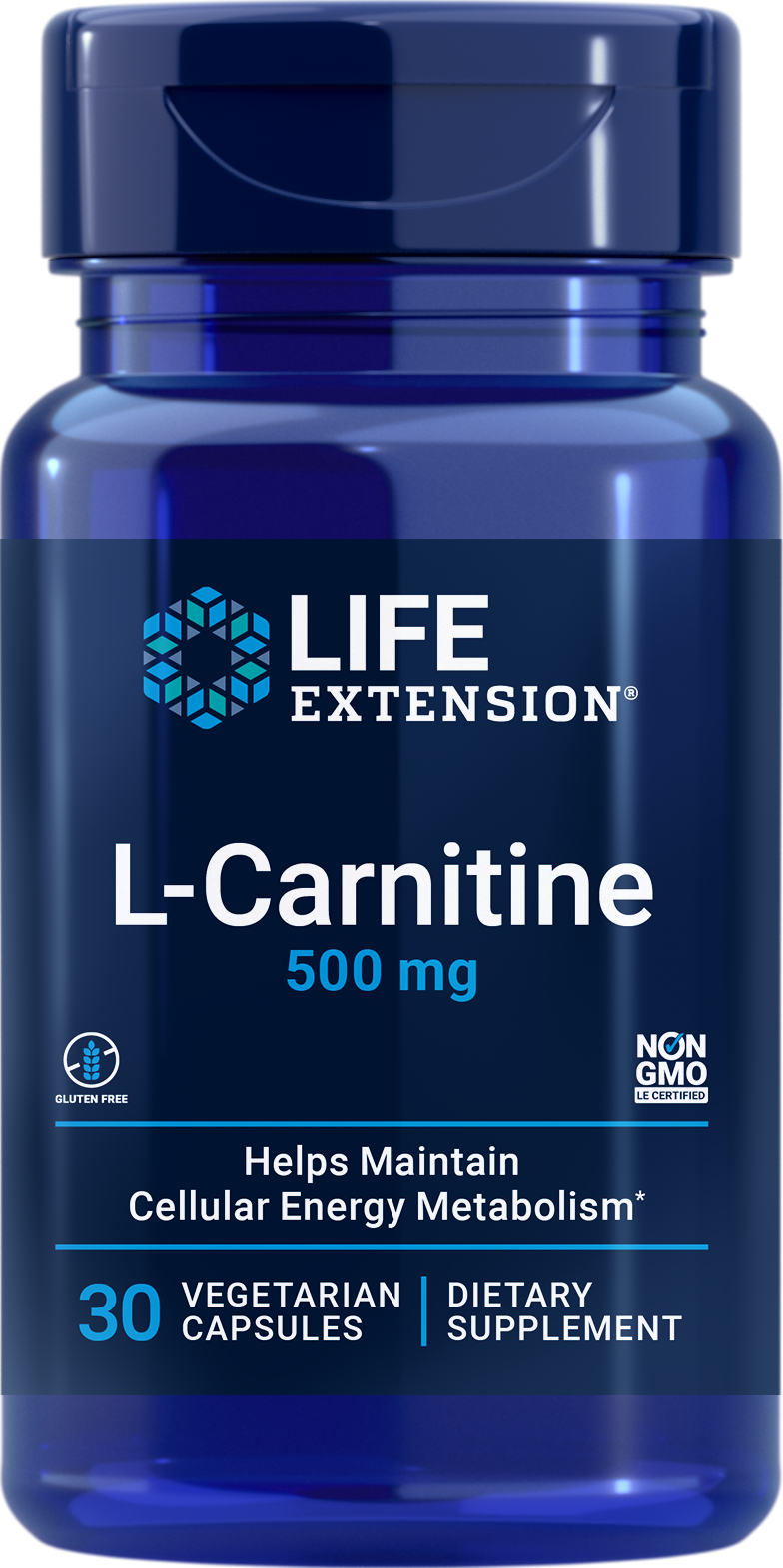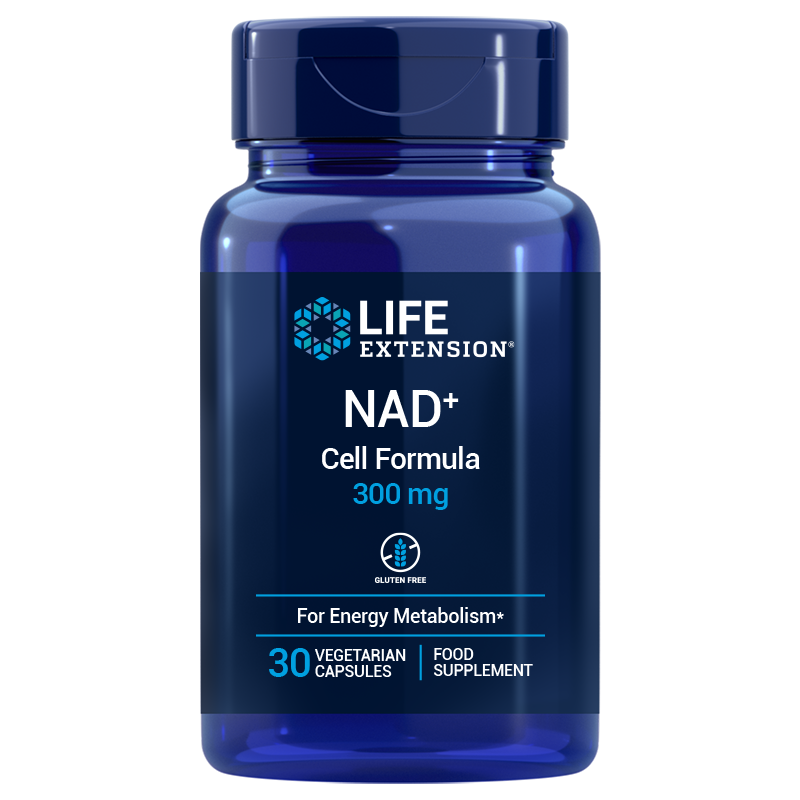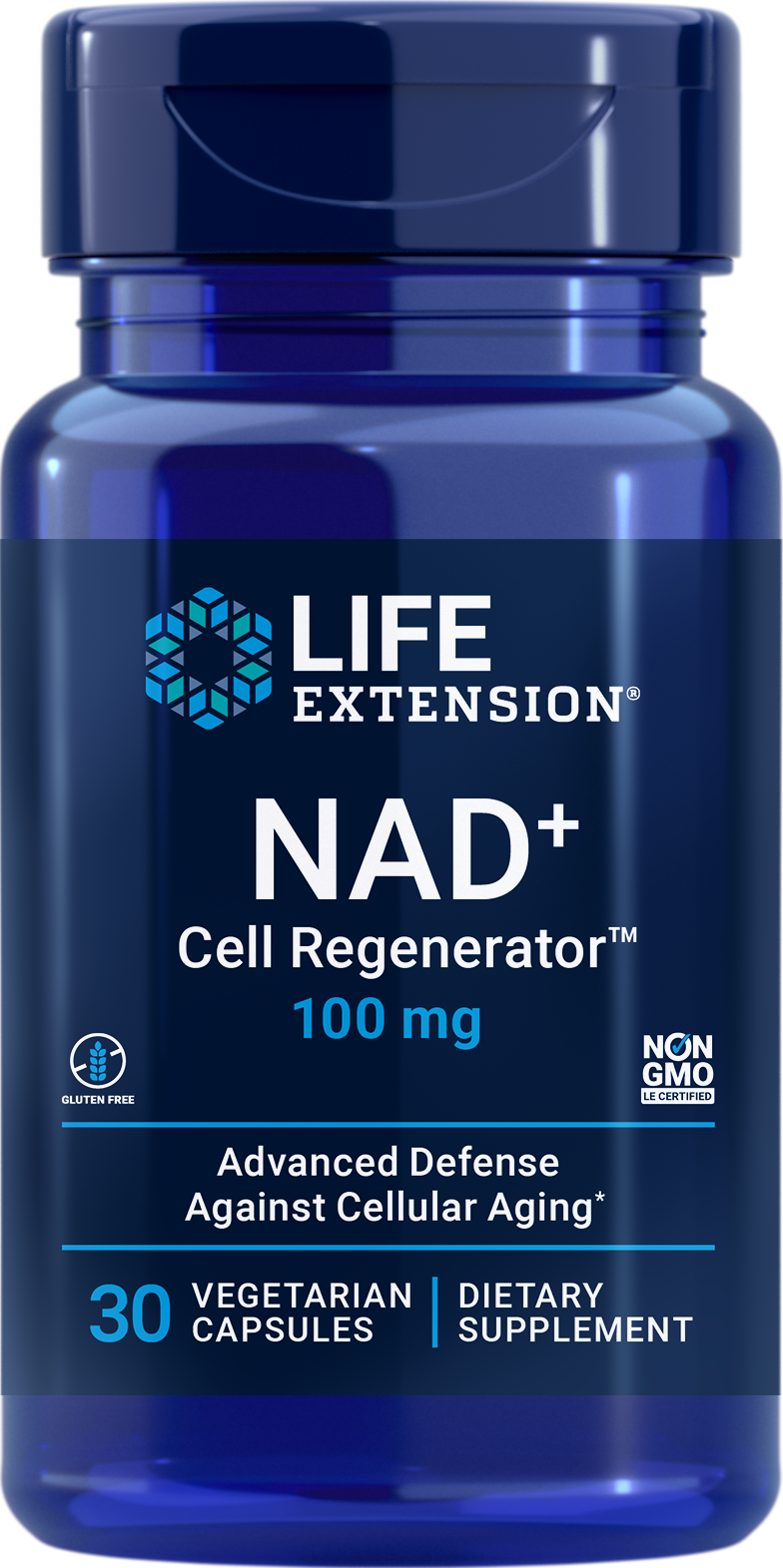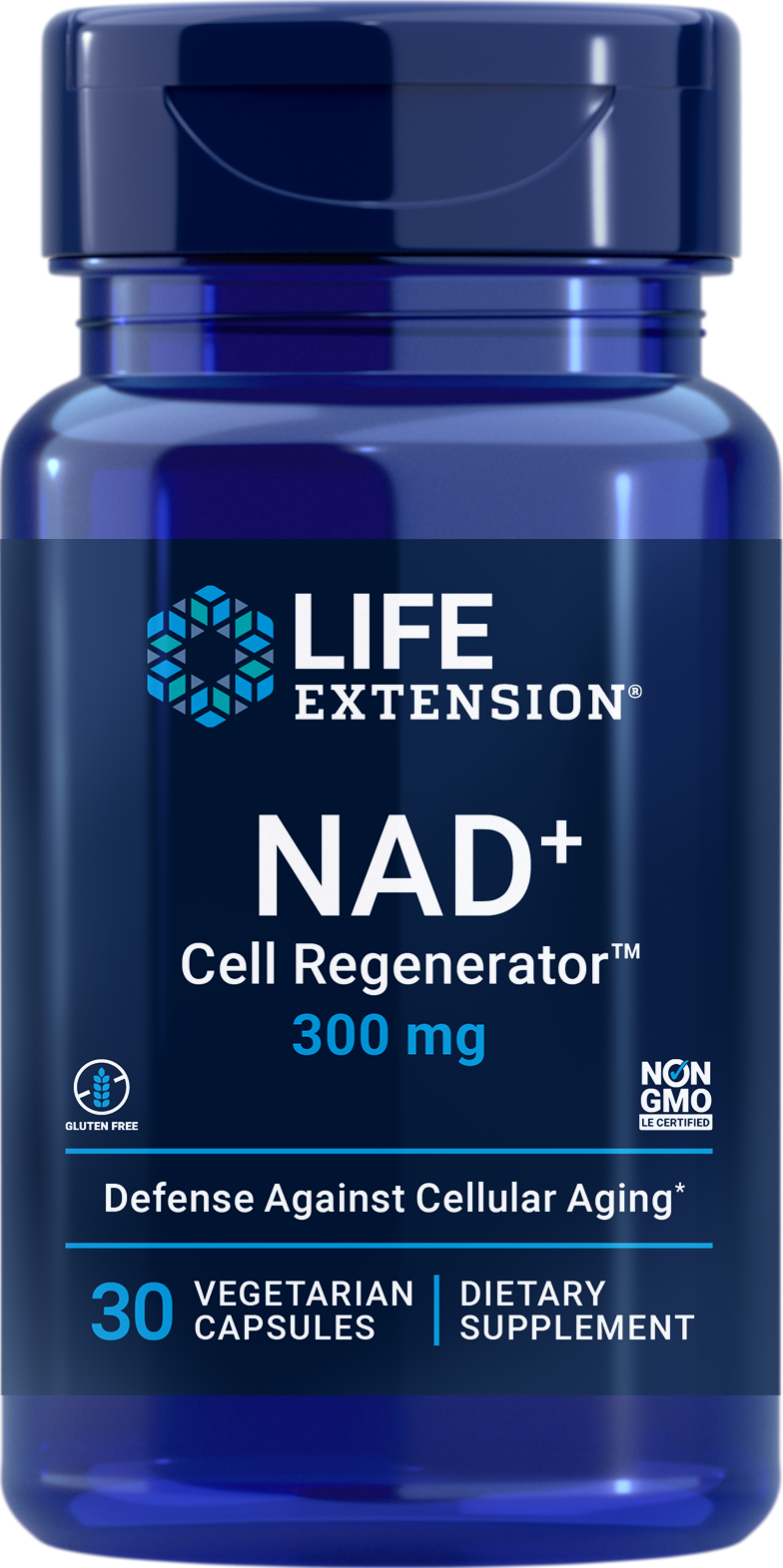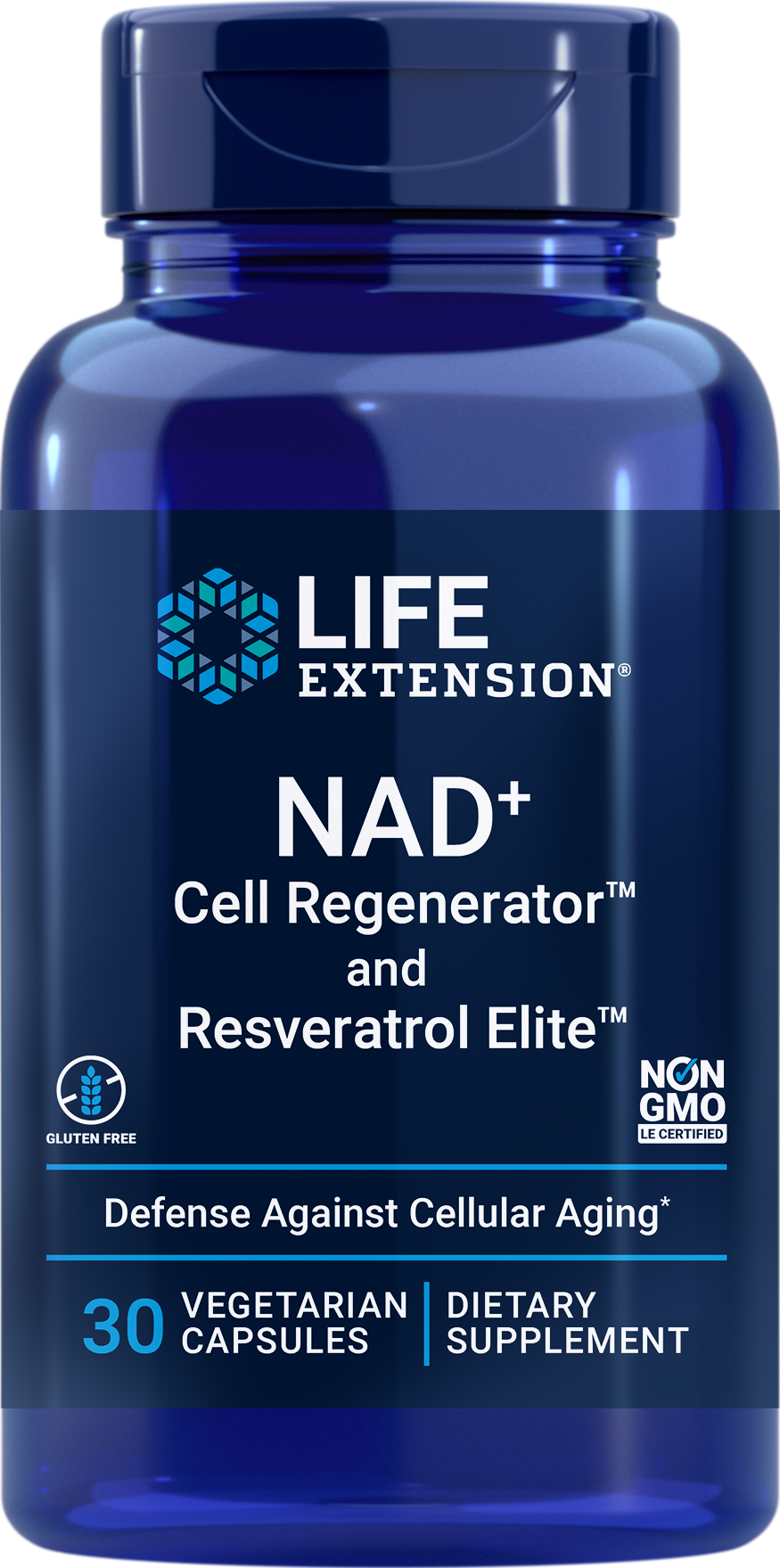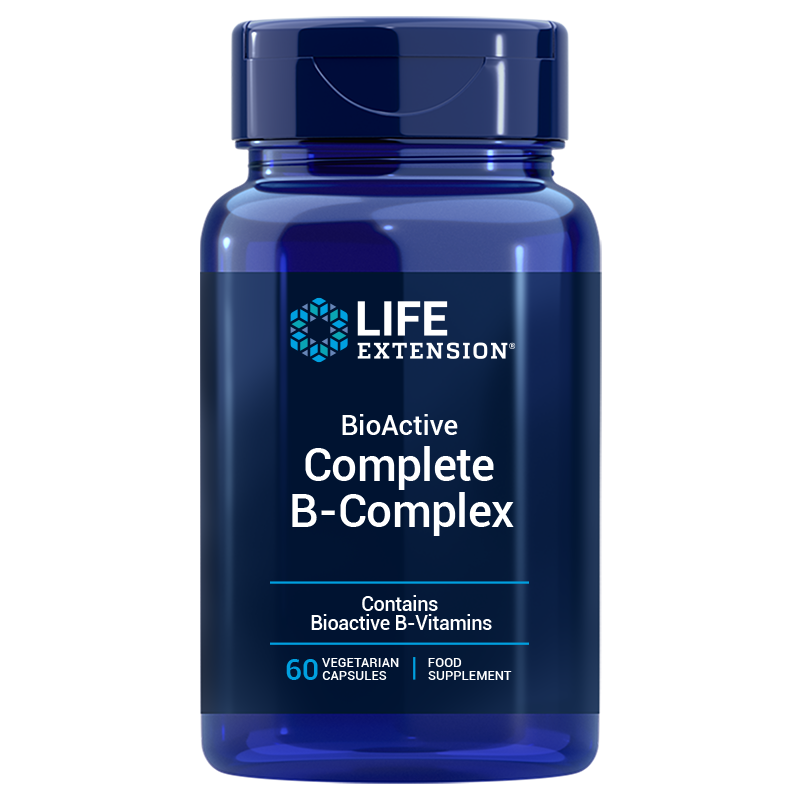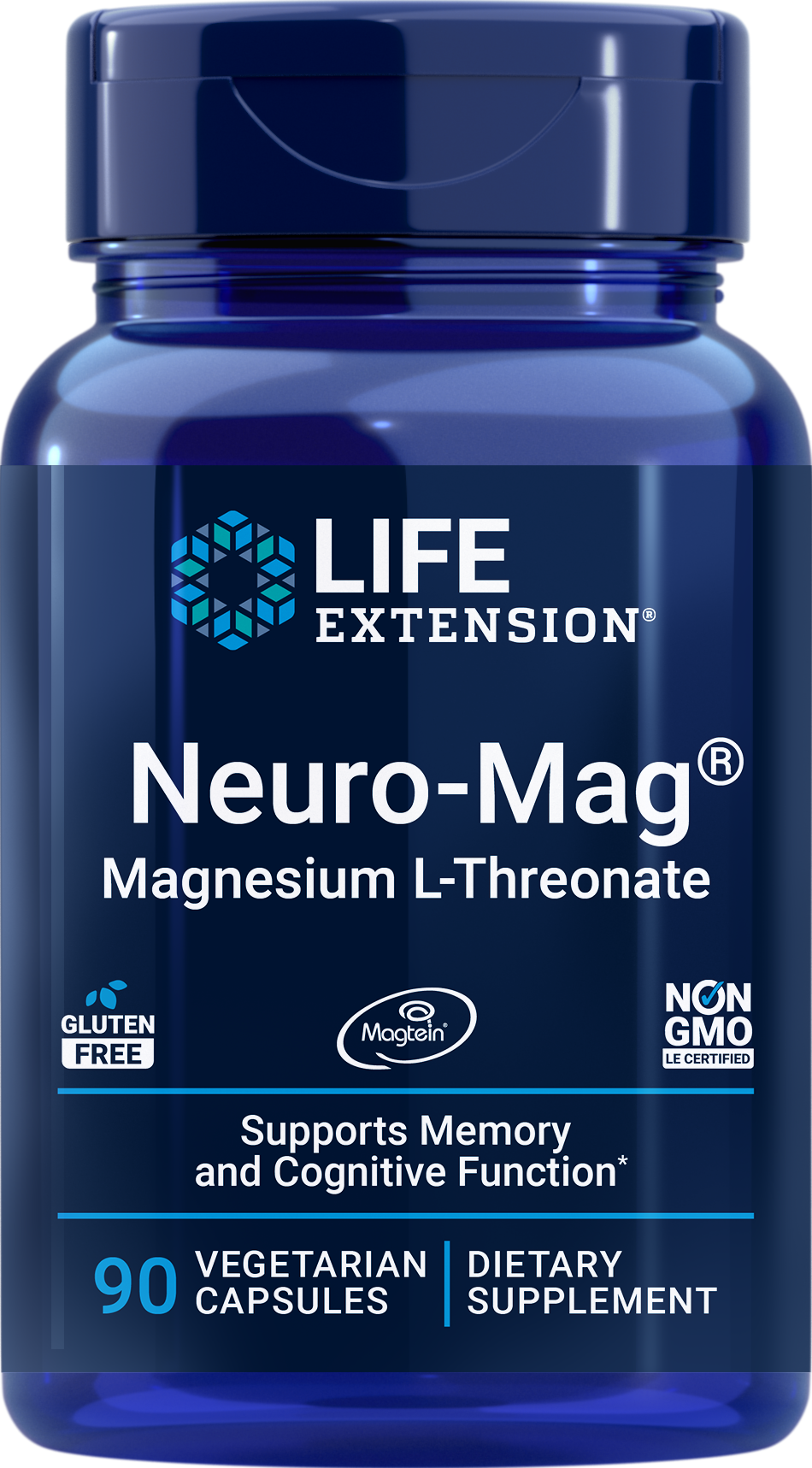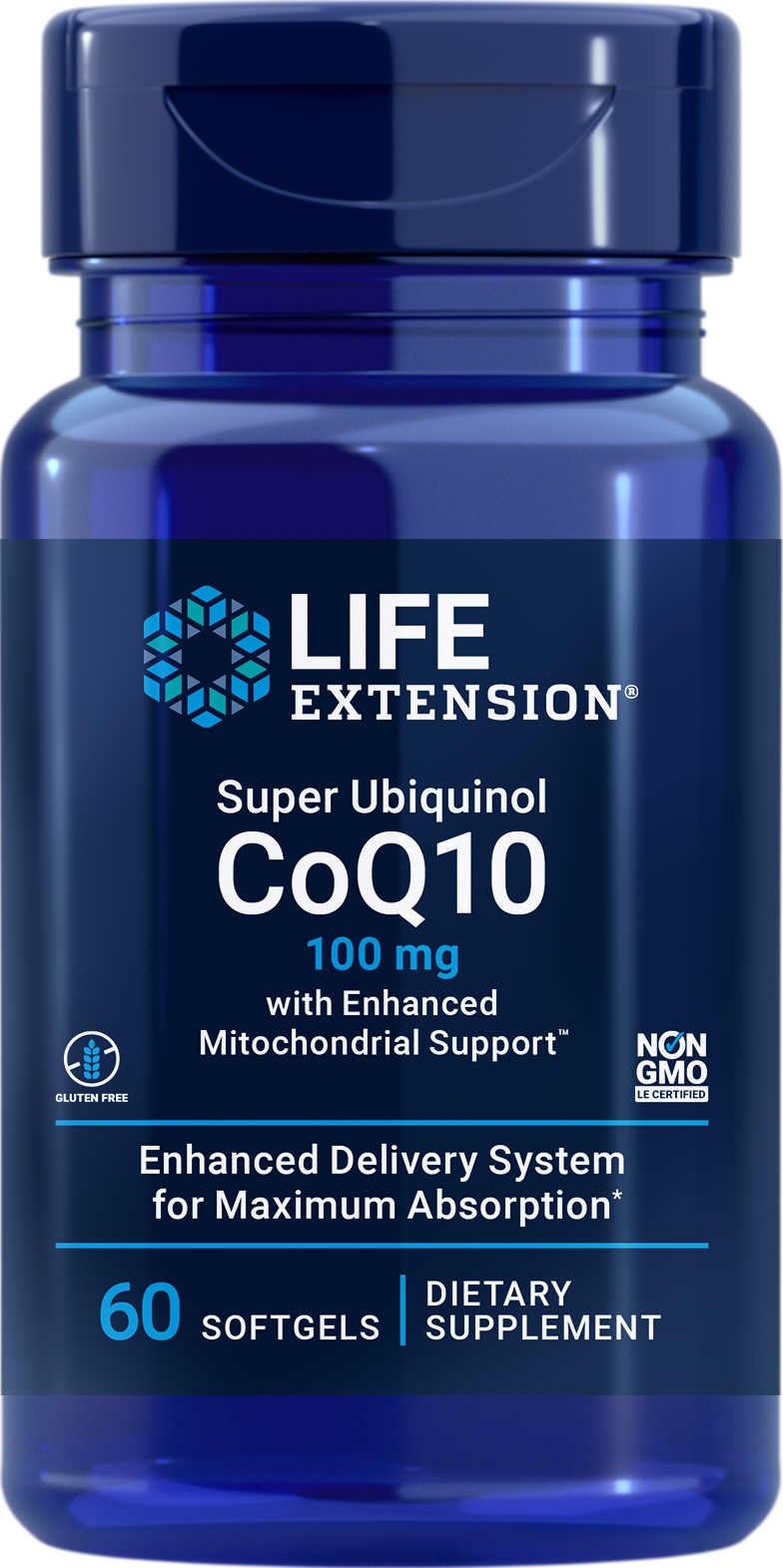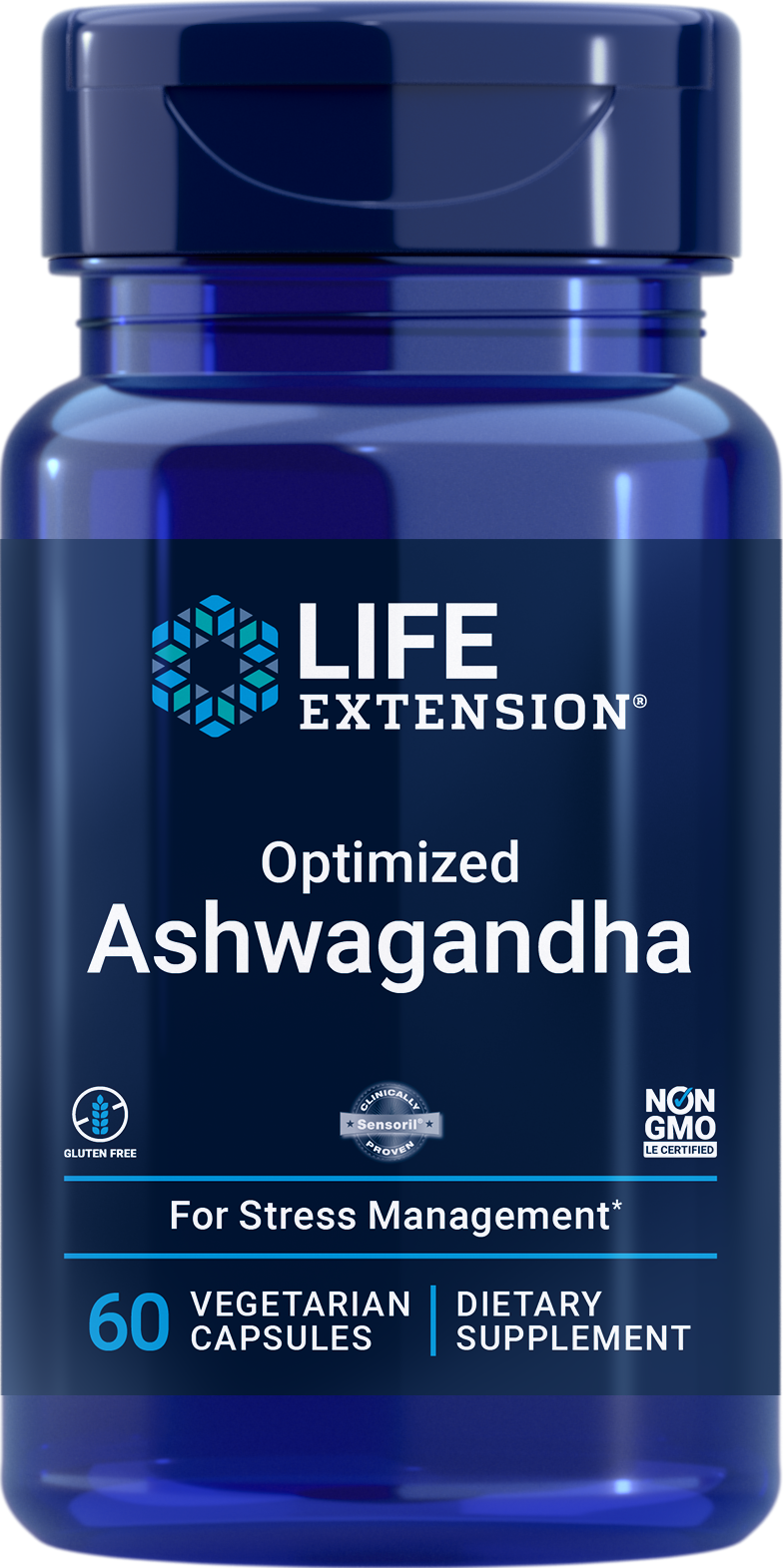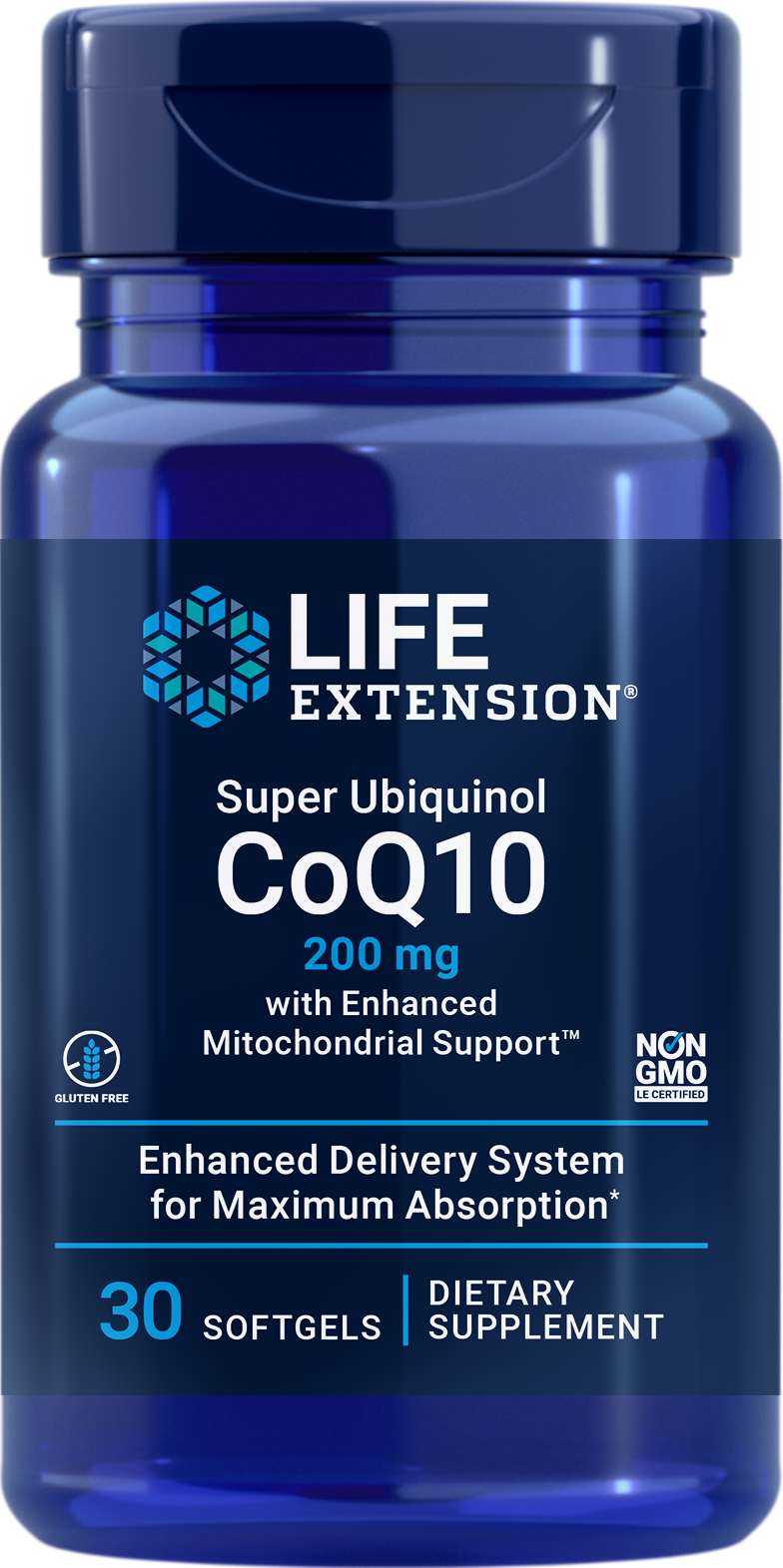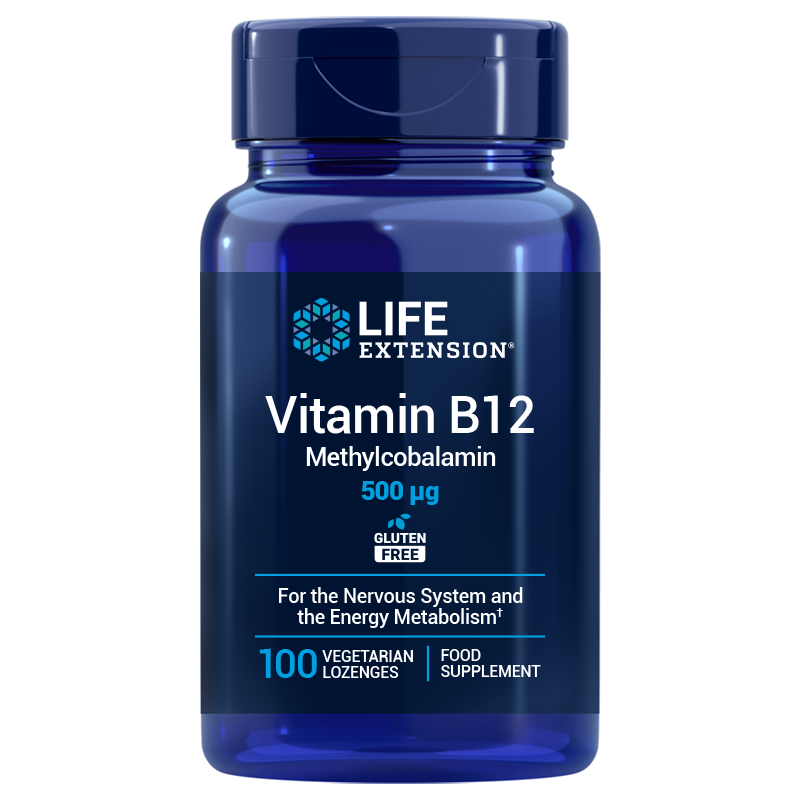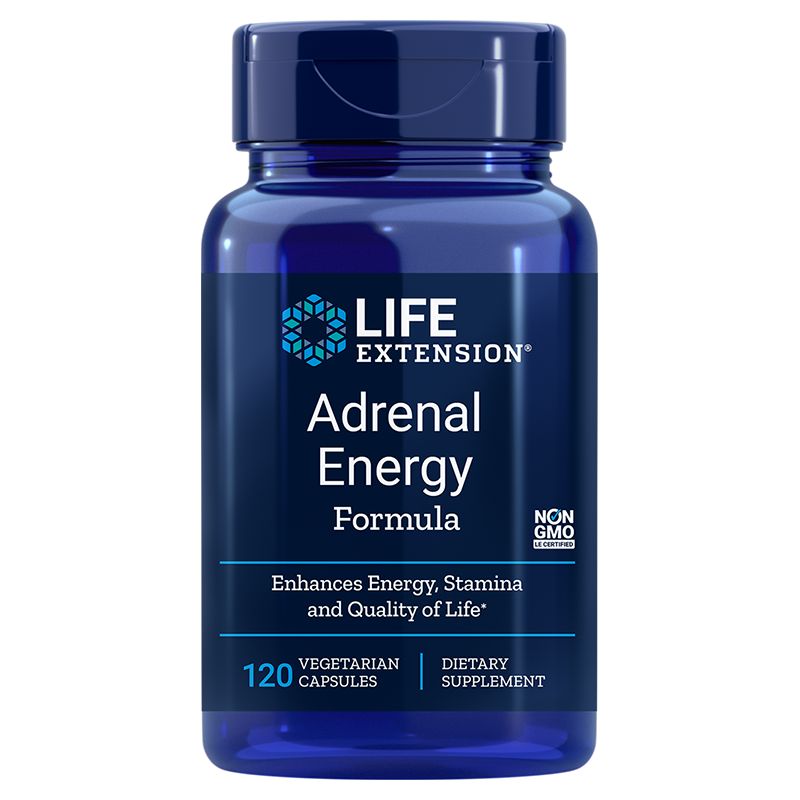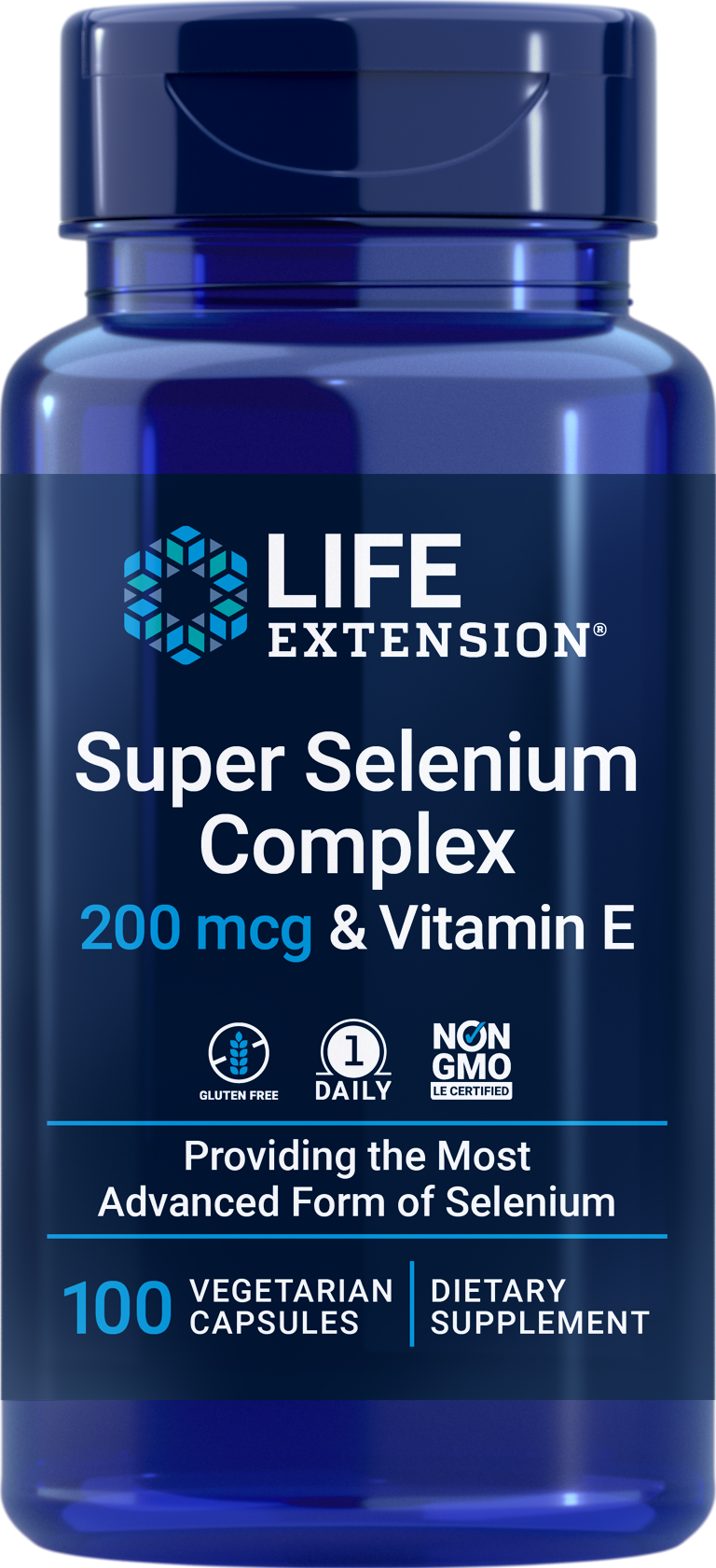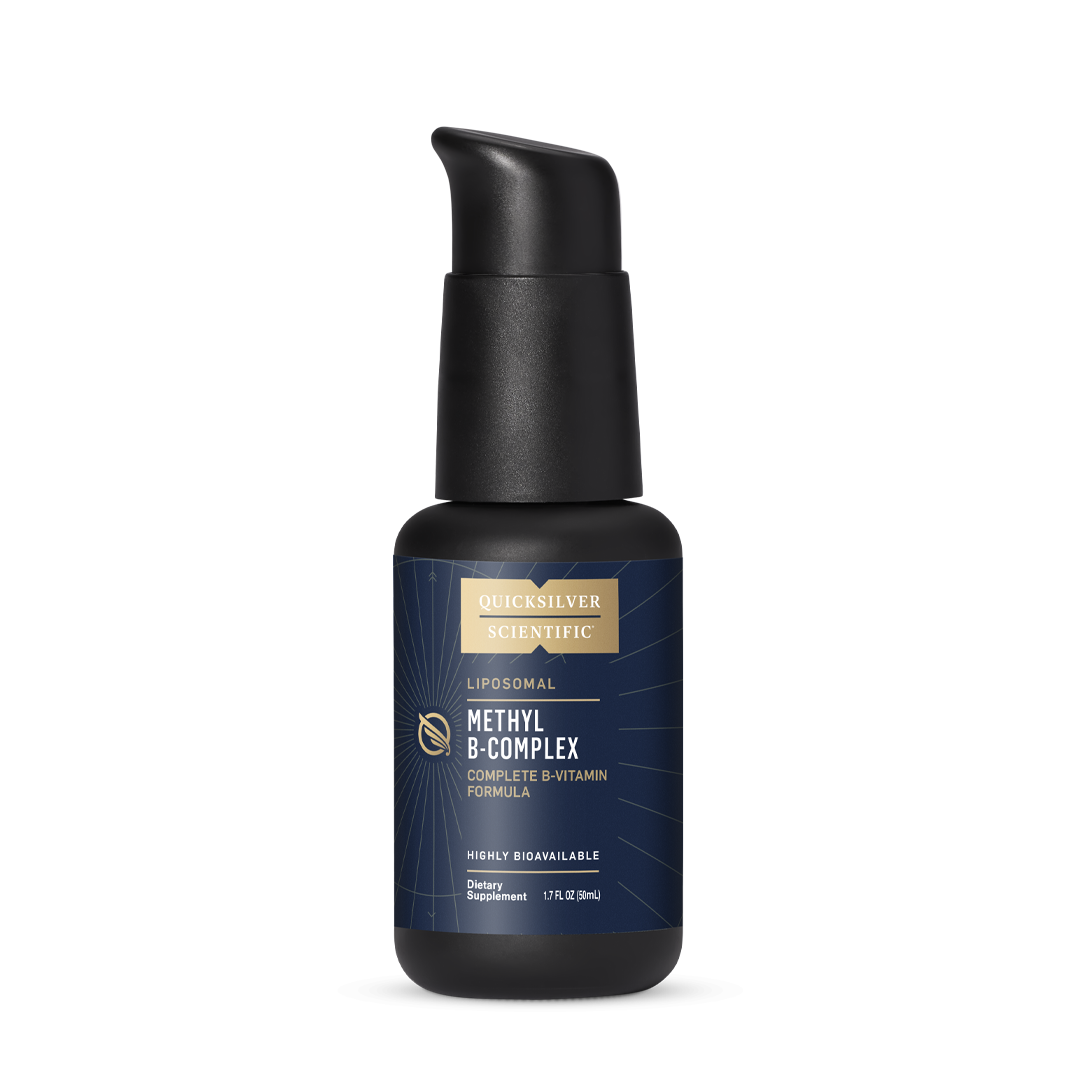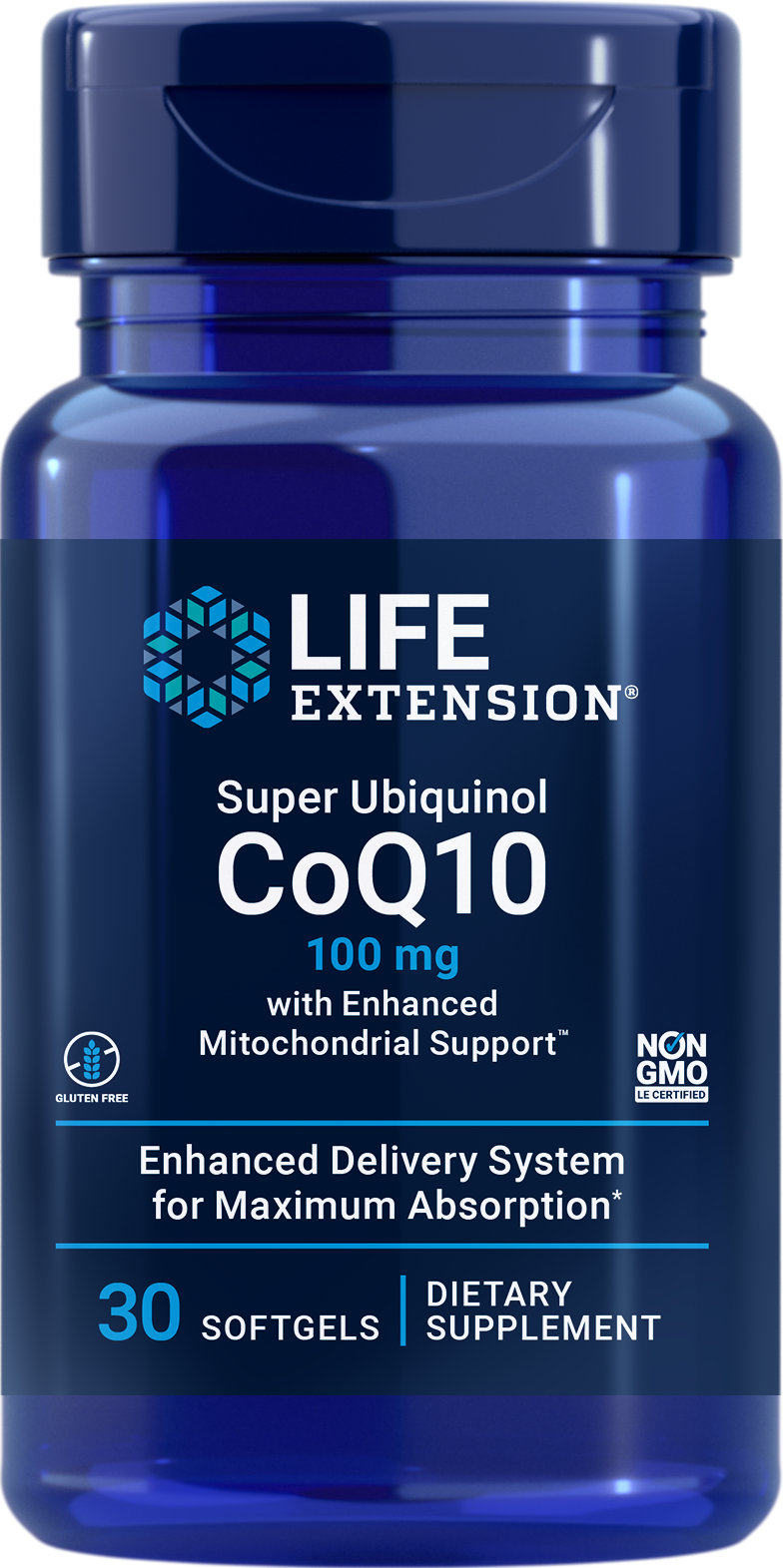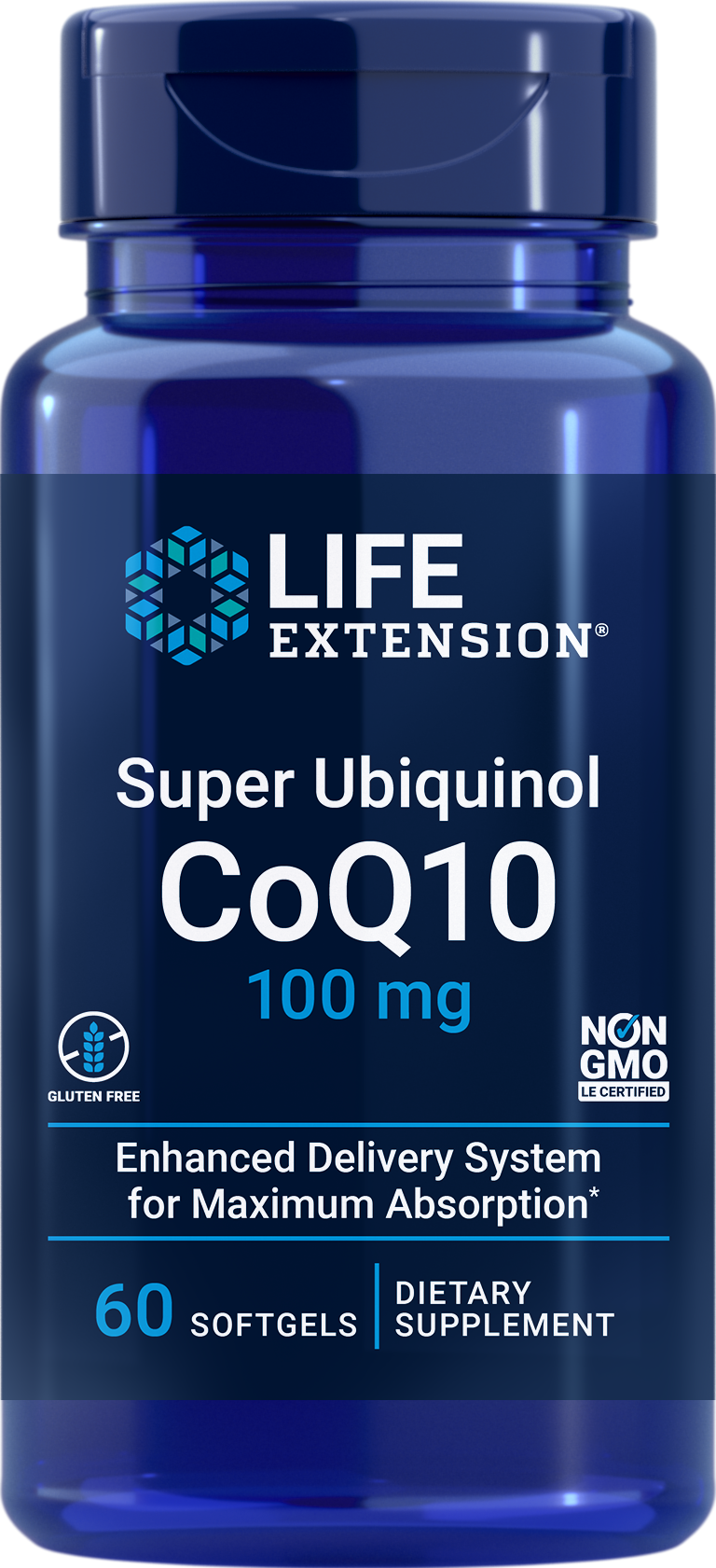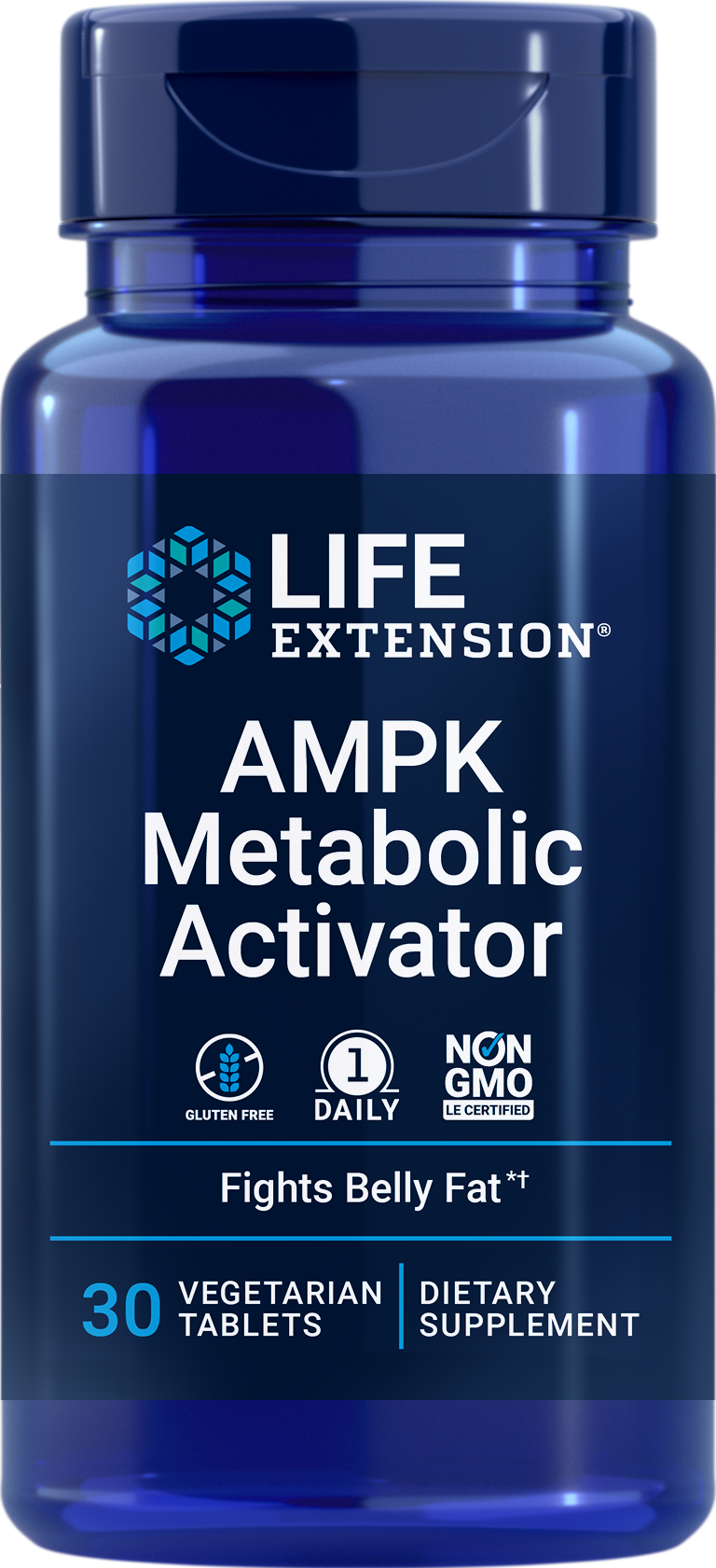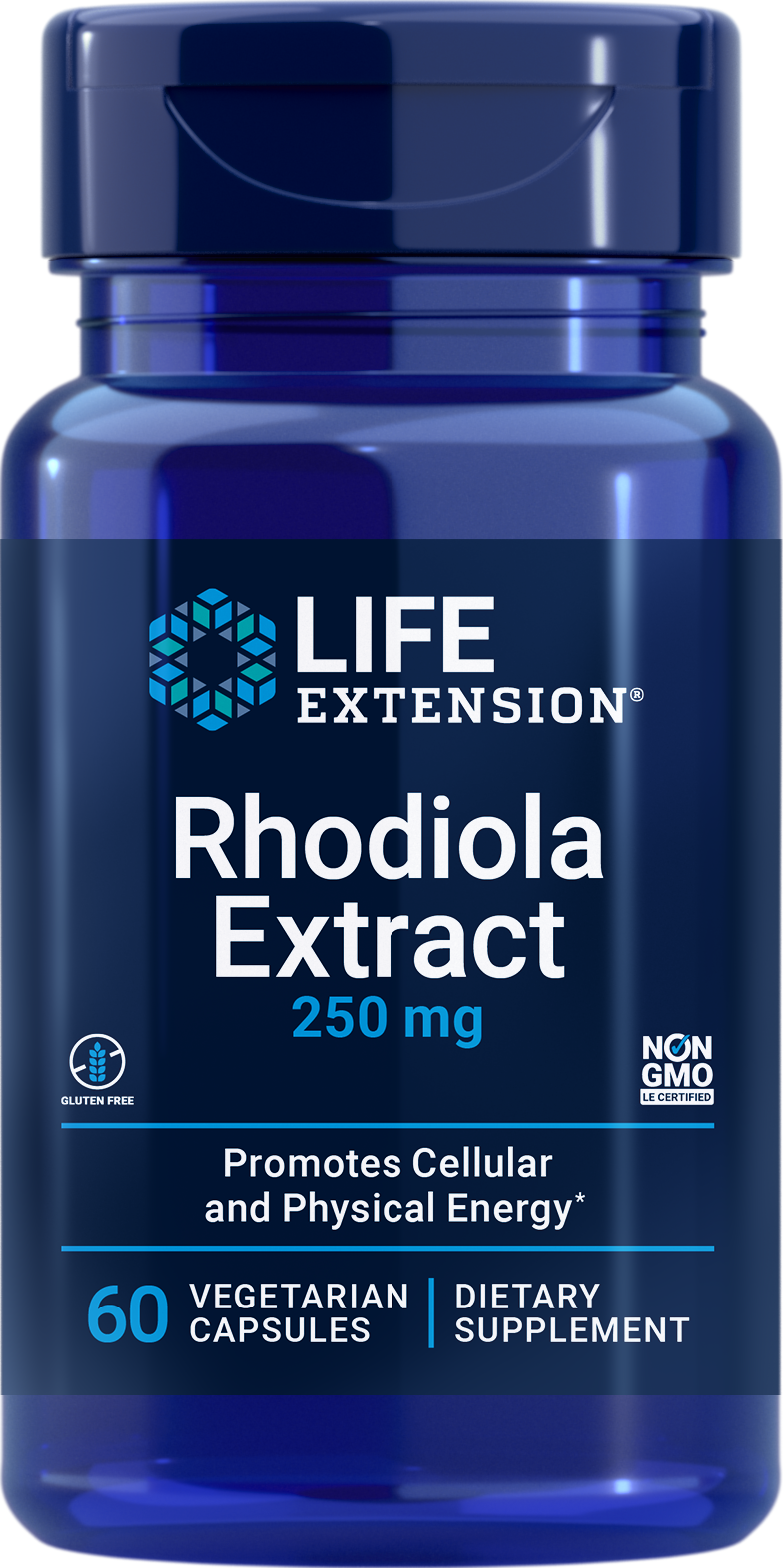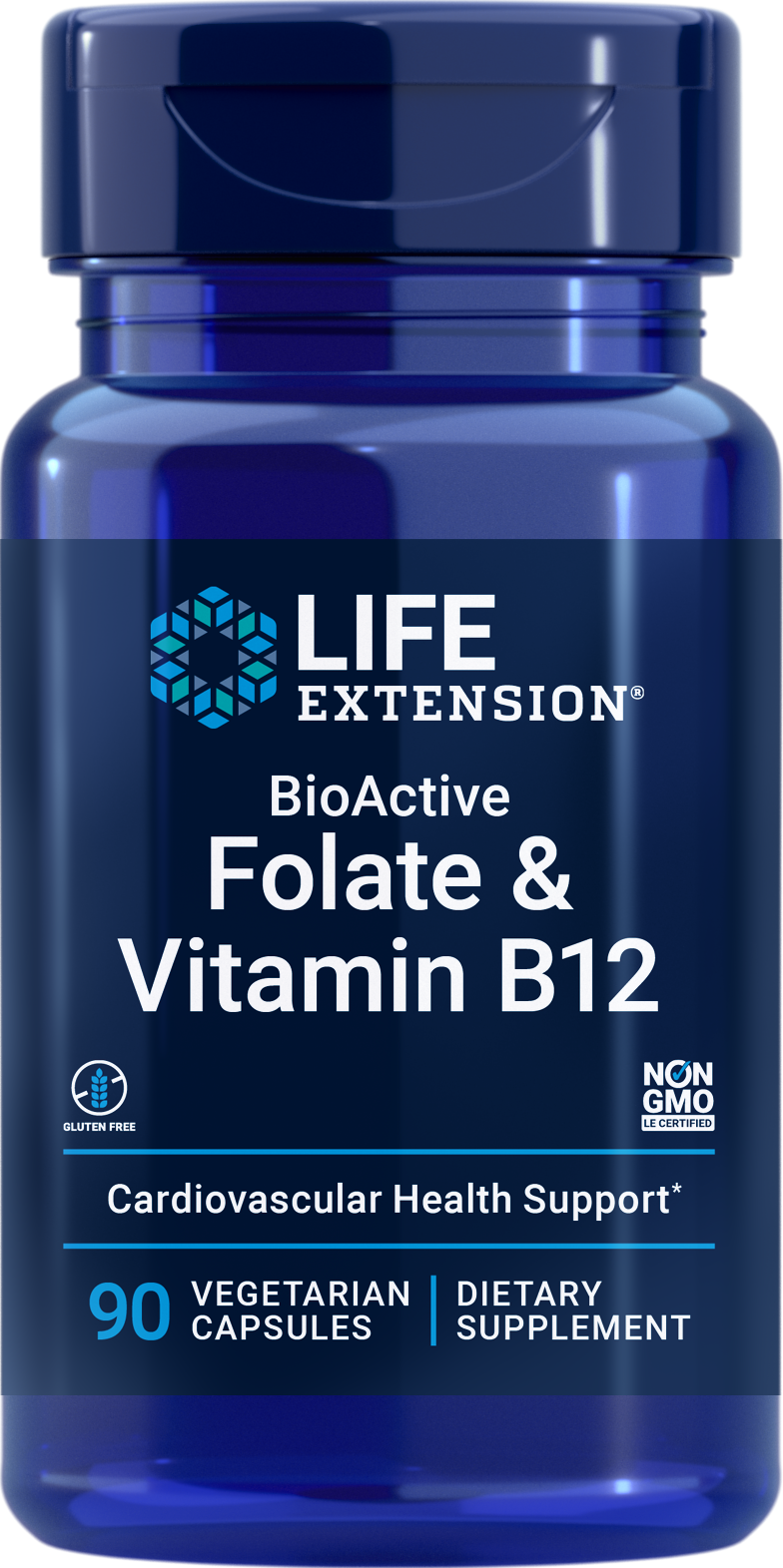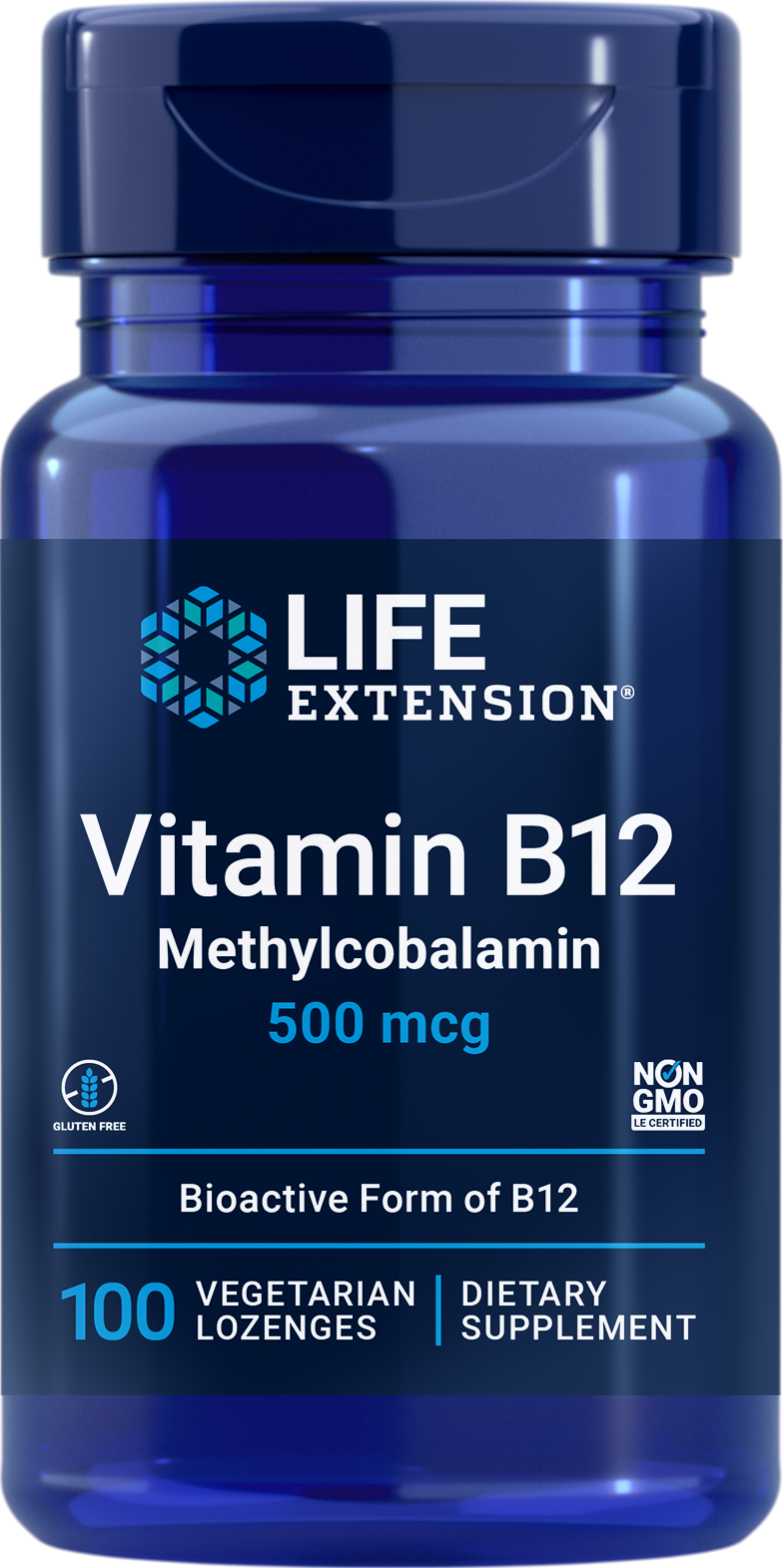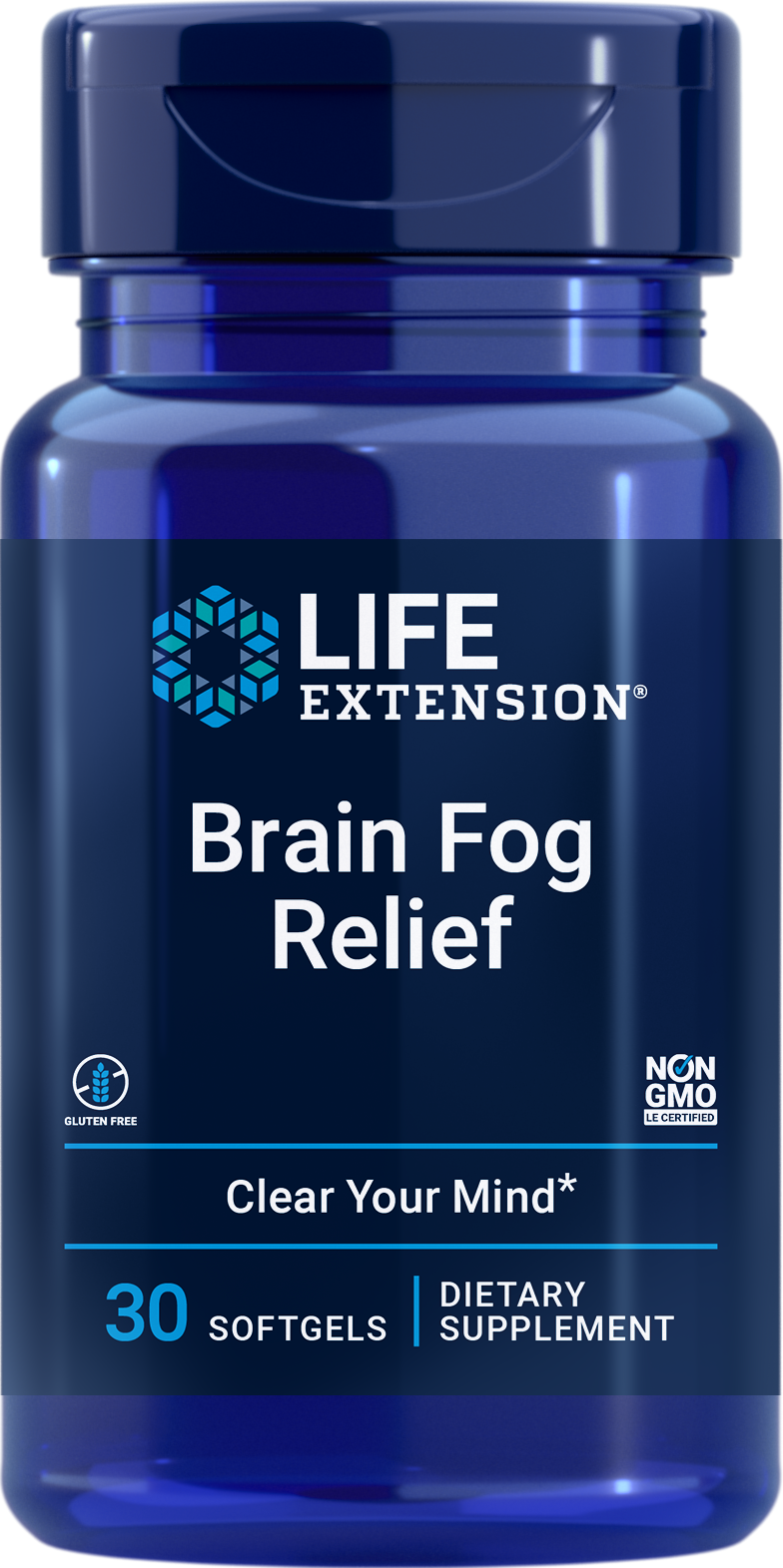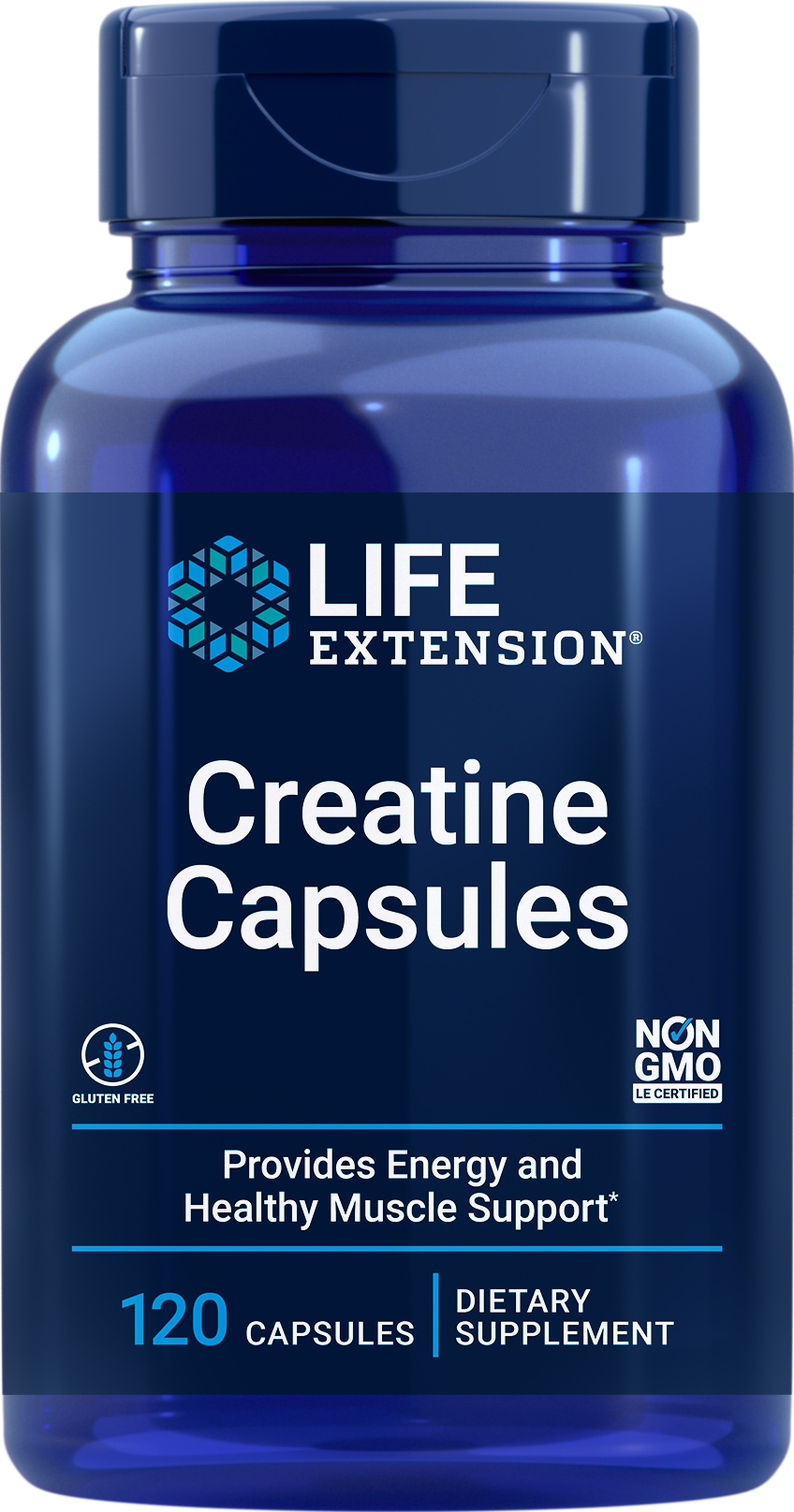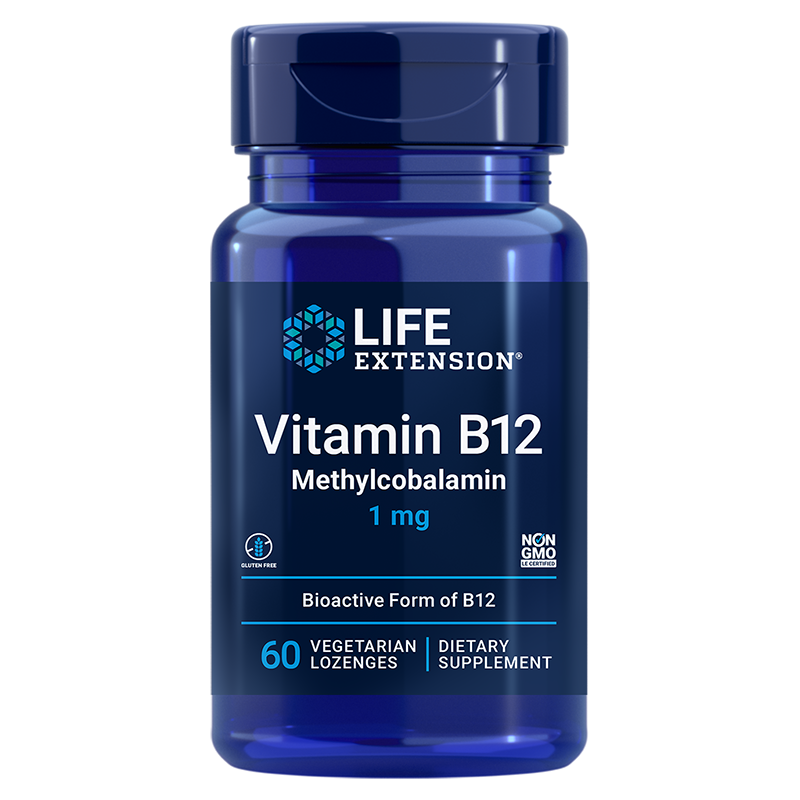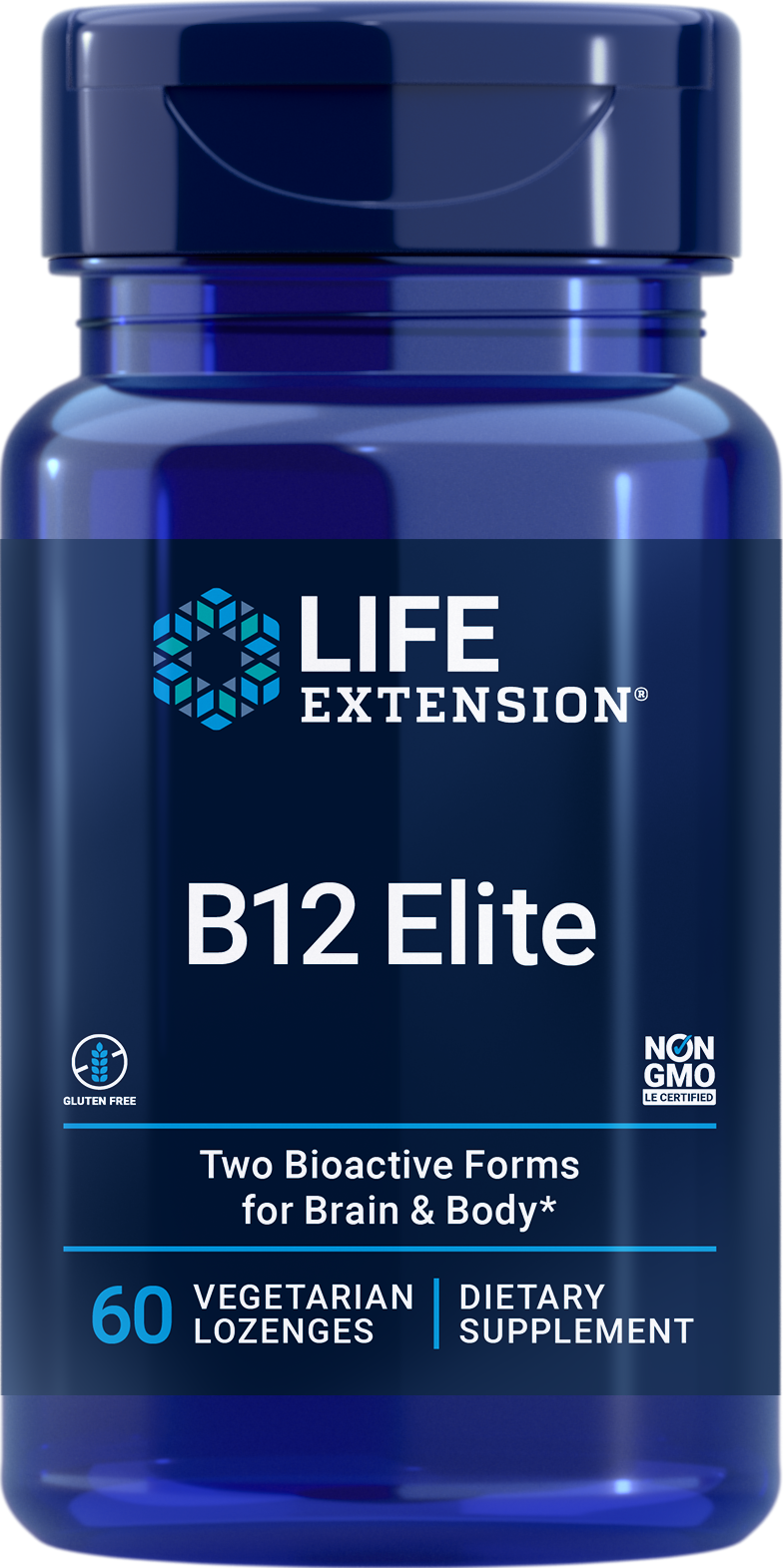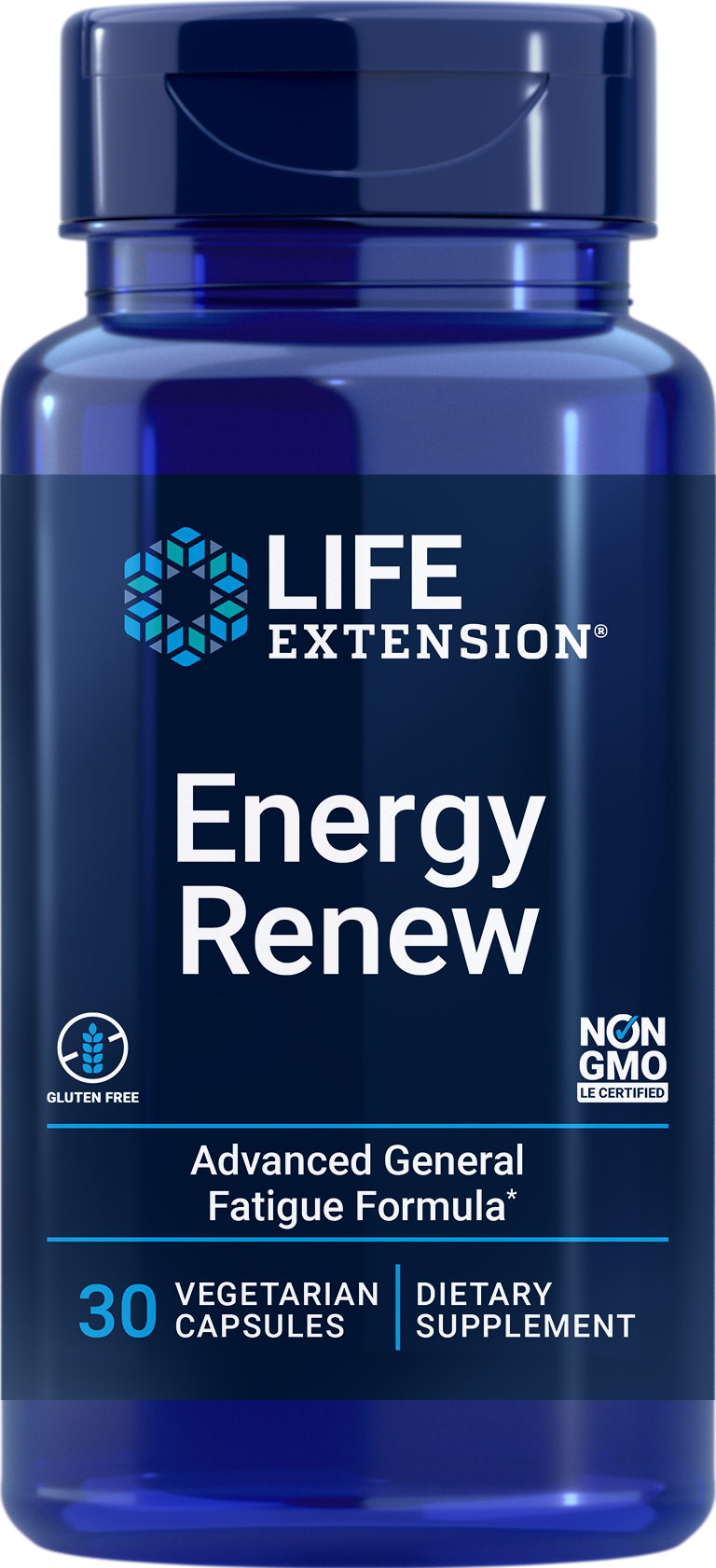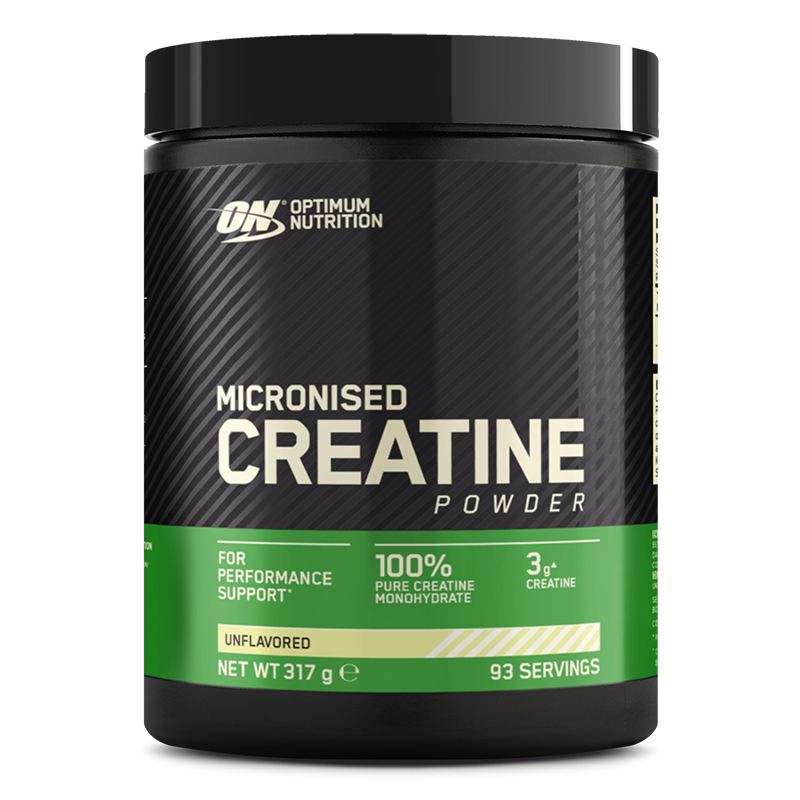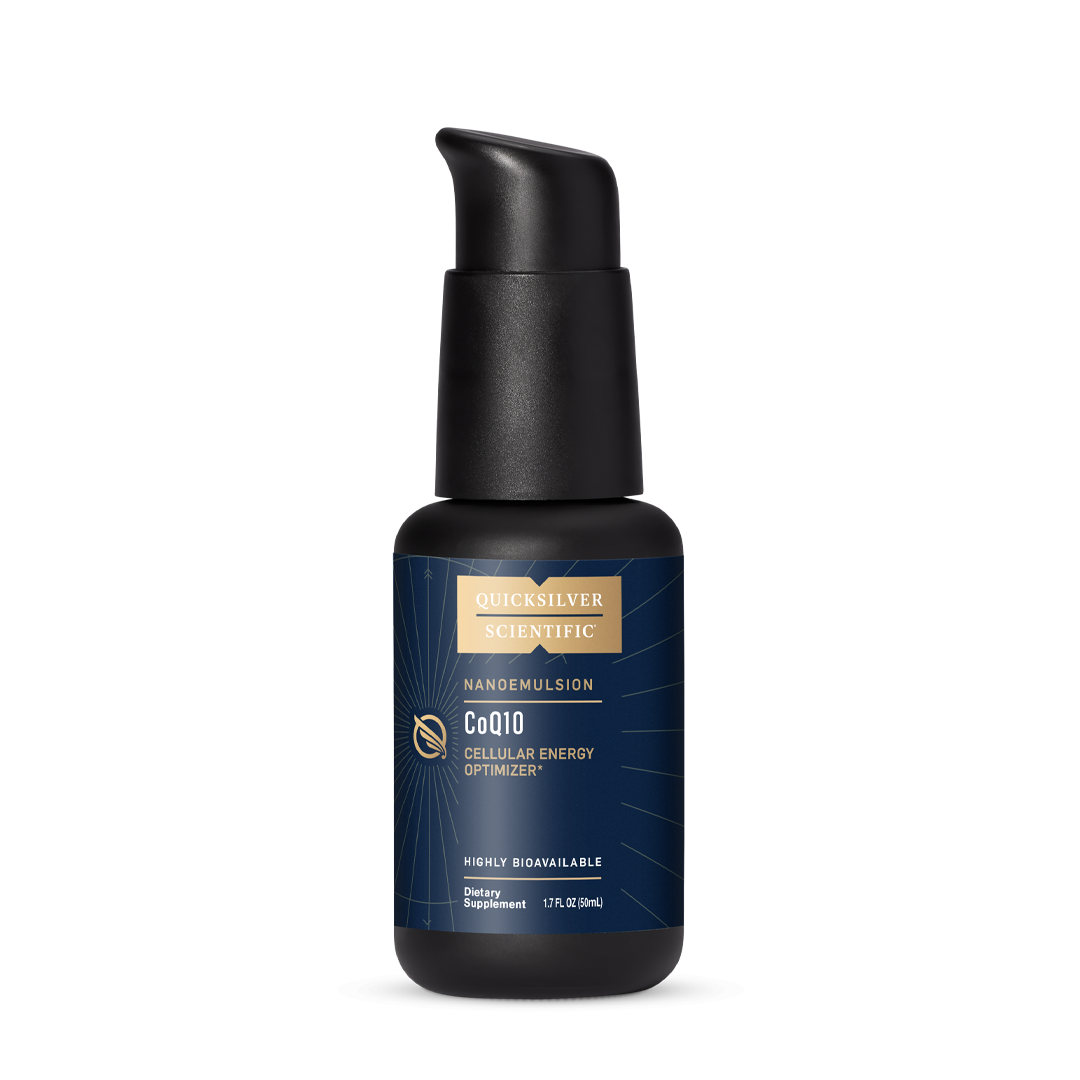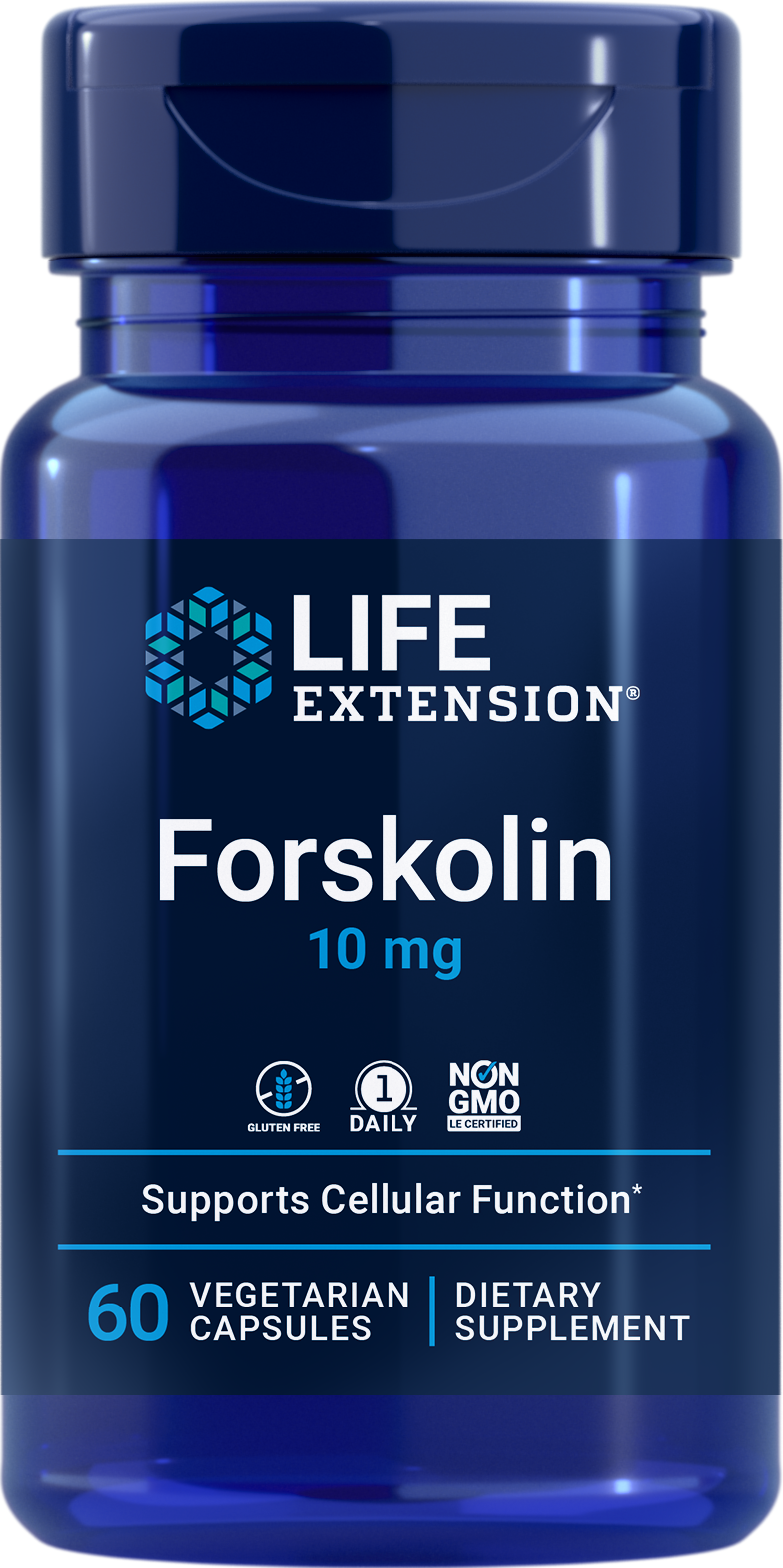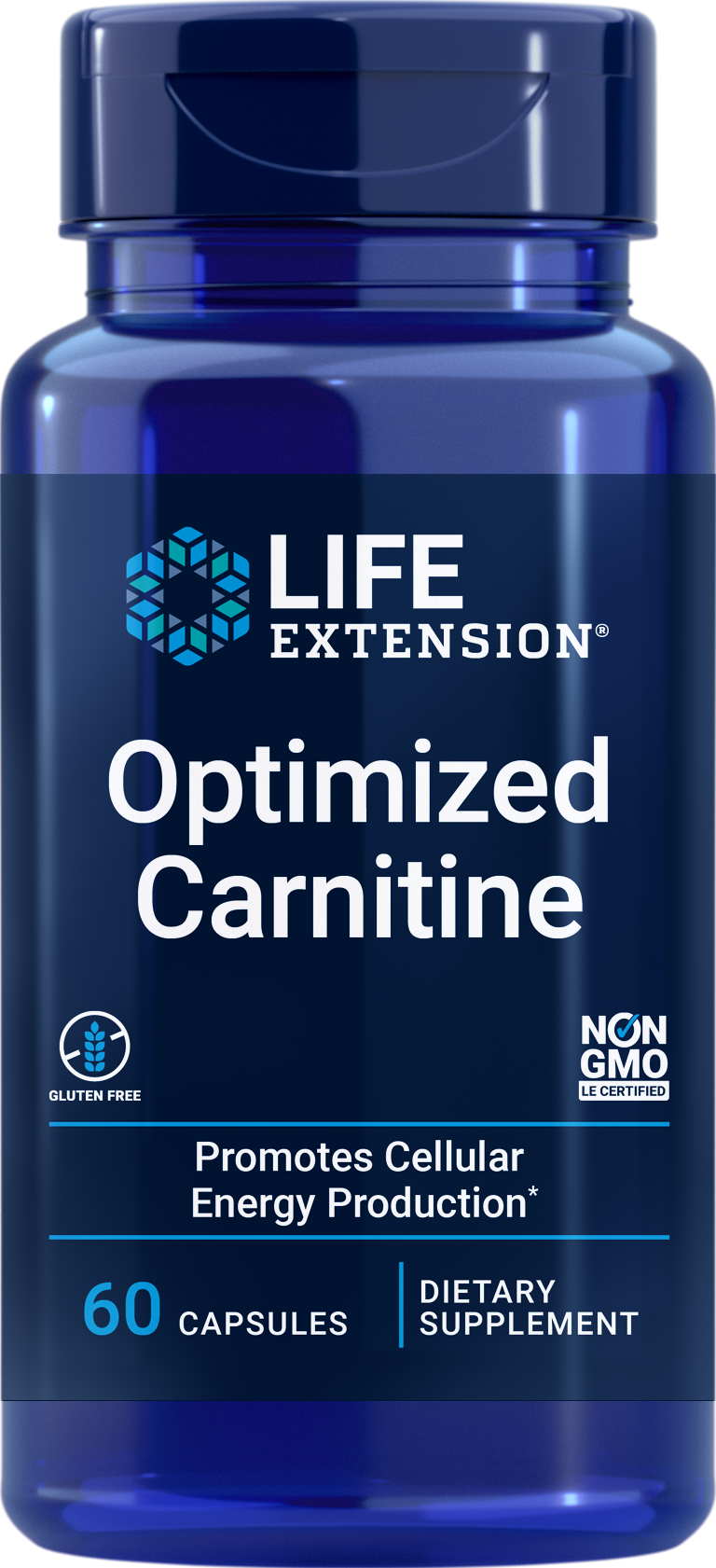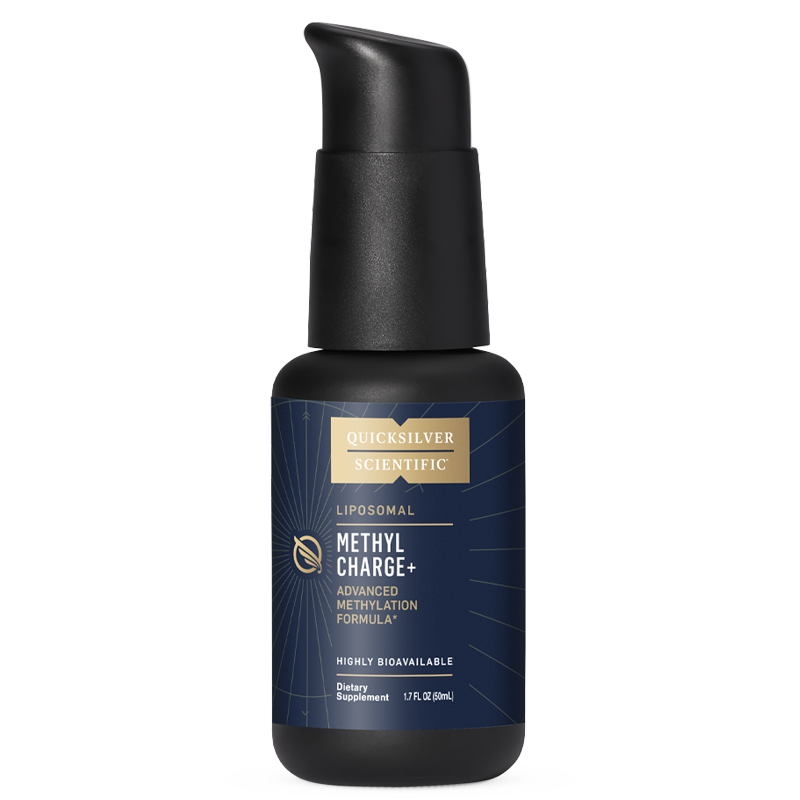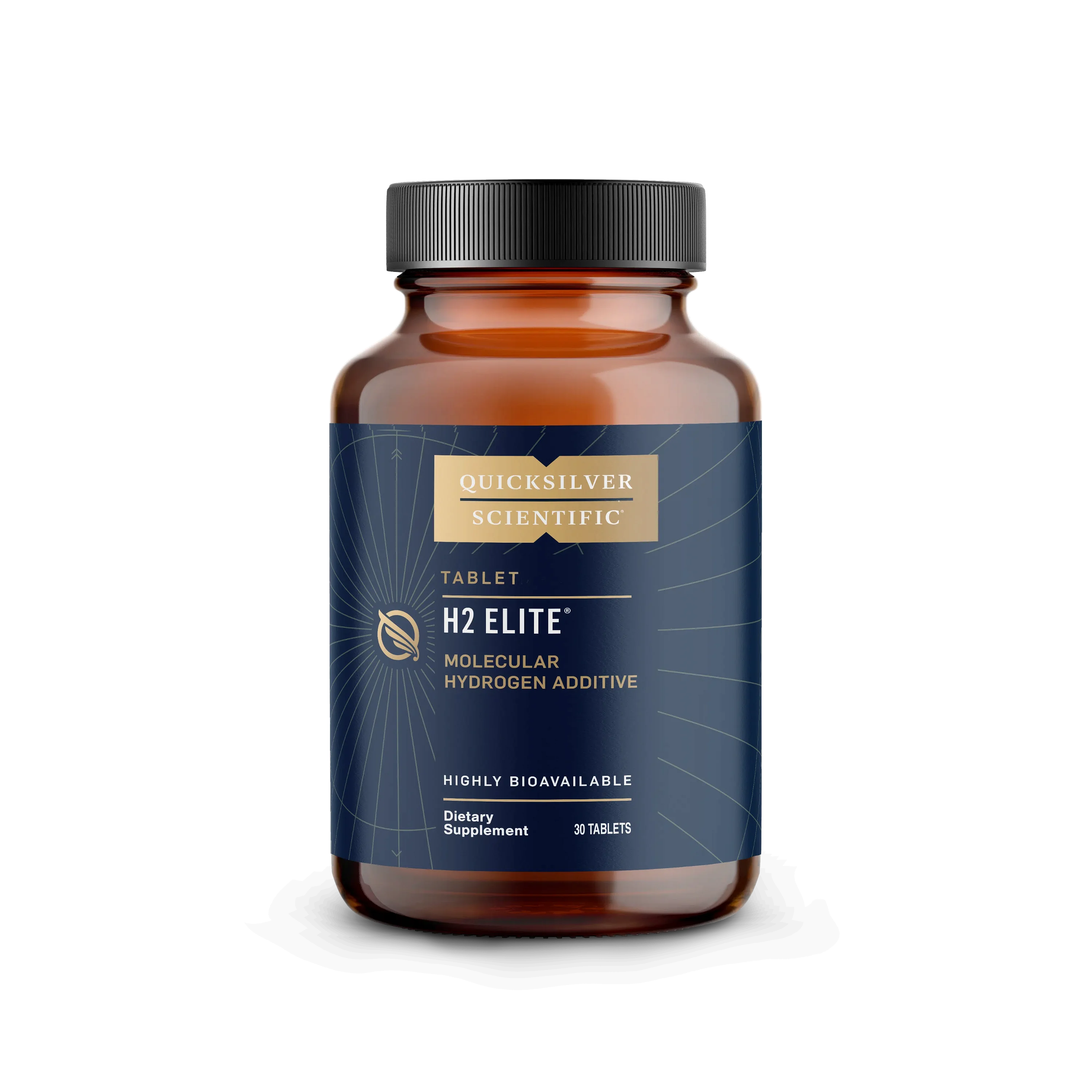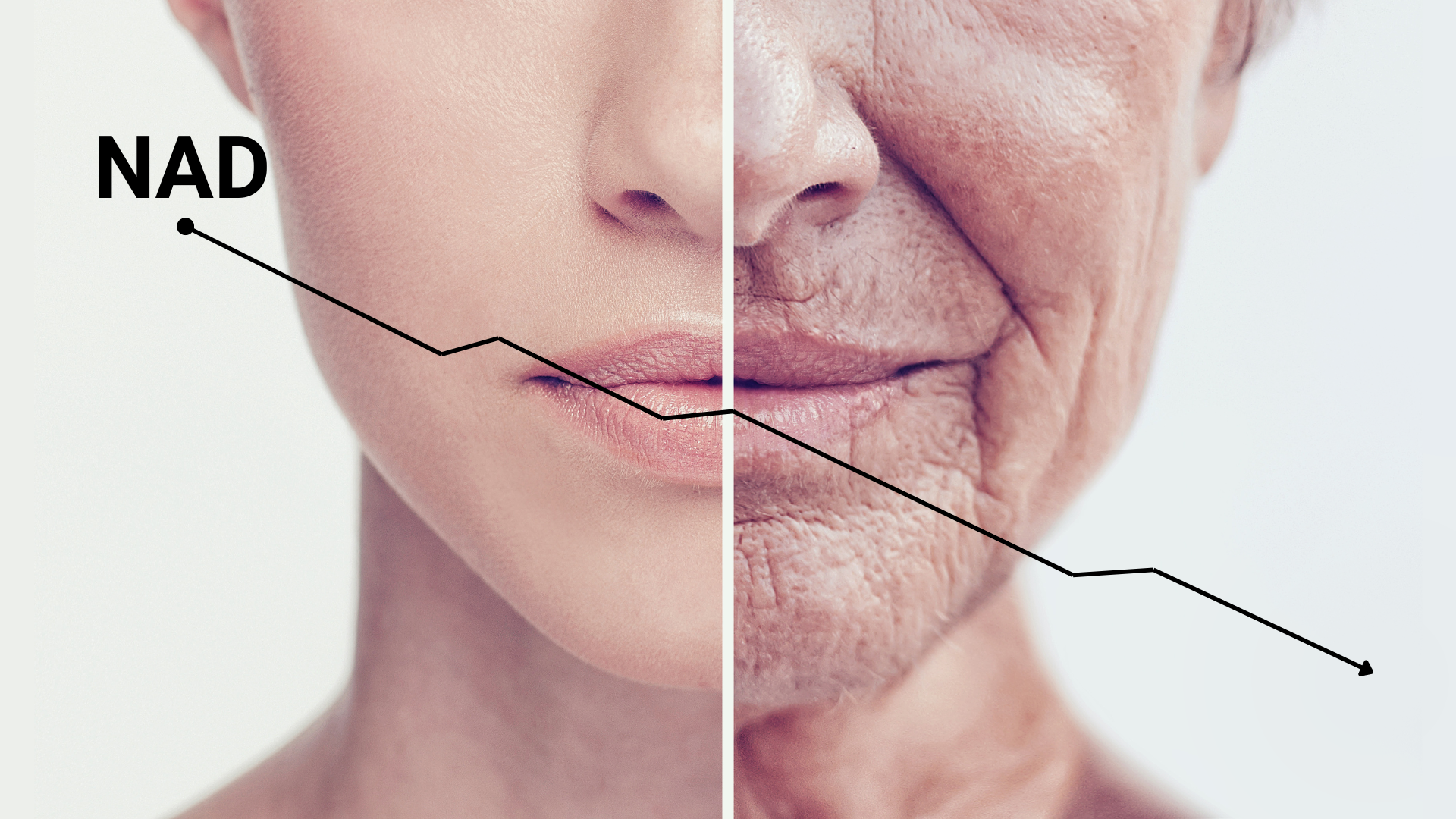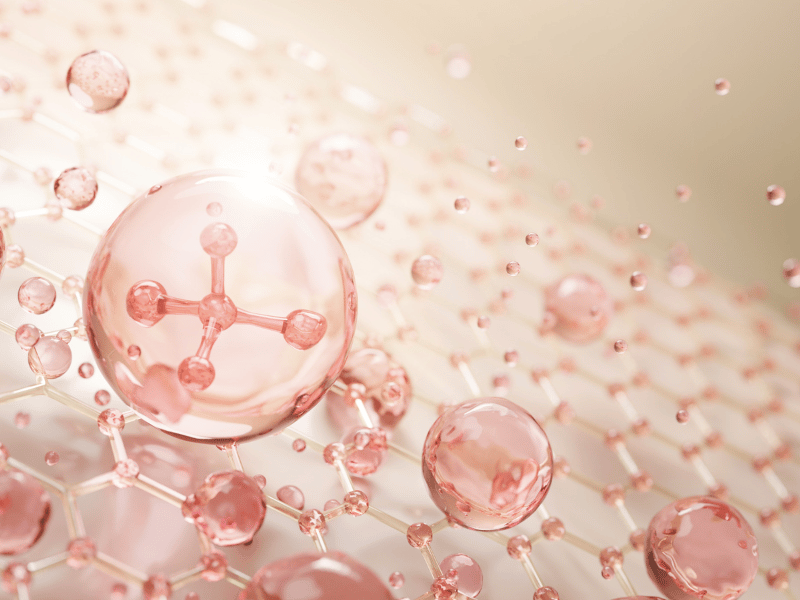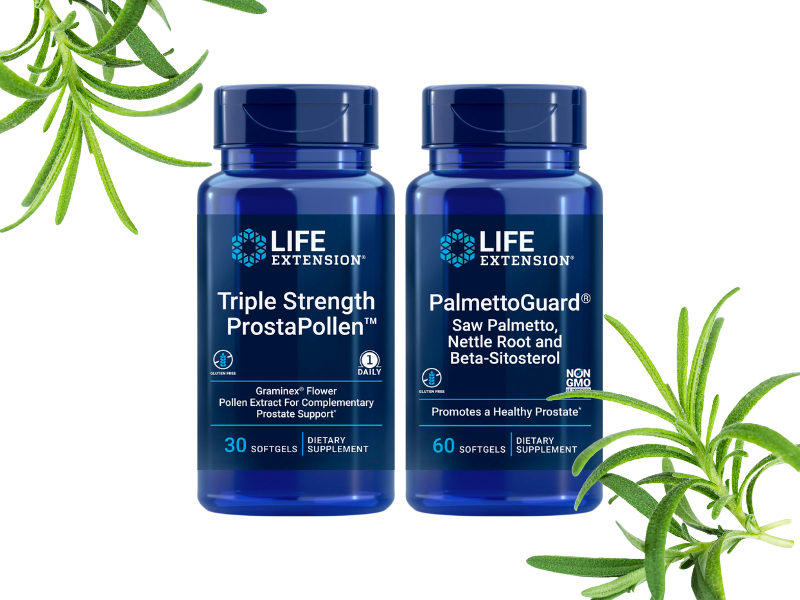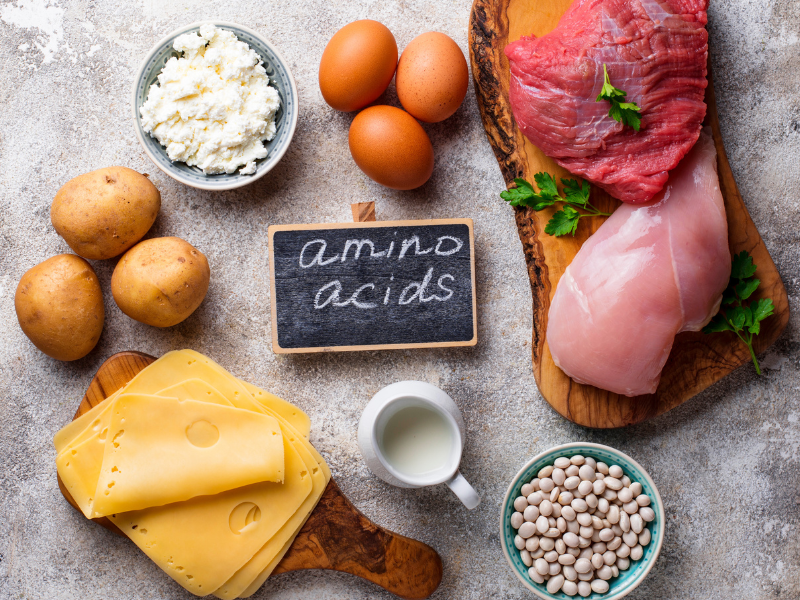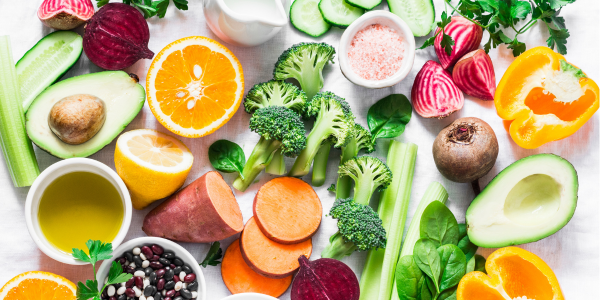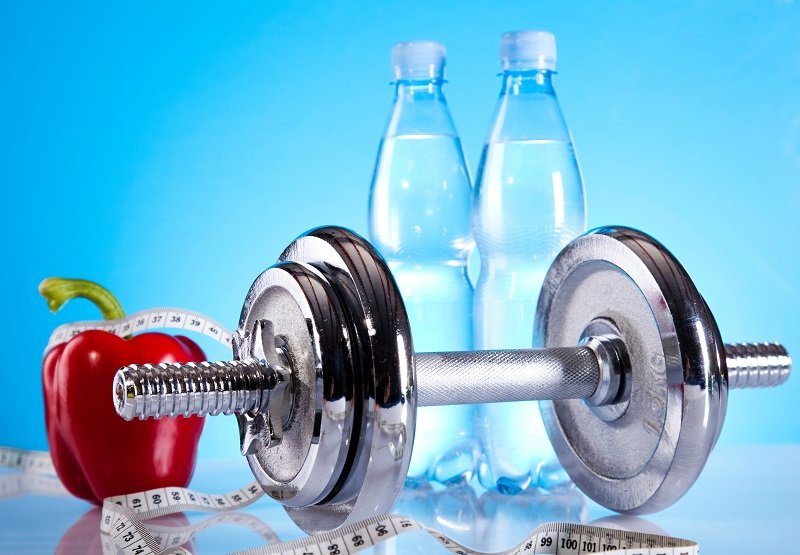
Energy Support
Maintaining energy is a particular skill.
Coffee and sugar work as a temporary boost, but real energy — the type that fuels your heart, mind, and everything in between — comes from your cells.
Numerous factors can impact your energy levels such as unhealthy habits, stress, sickness, toxins, and aging. Find help to what you can do to improve your energy output >>
Why These Nutrients Are Important
Your body uses energy for every single thing it does, and a constant supply of energy is needed.
The energy-generating factories of your cells are called mitochondria. They convert food into a type of energy called ATP (adenosine triphosphate), and up to 95% of the energy that the body uses is ATP.
The macronutrients (carbohydrates, proteins, and fats) are together with other nutrients (some of them mentioned below) involved with ATP production of long-term energy.
NAD+
NAD+, short for nicotinamide adenine dinucleotide, is a key coenzyme found in every cell of the body. It's critical for the body's production of ATP and can also help you fight cell aging.
However, as you age, your levels of NAD+ start to decrease, and a decline in cellular metabolism and energy production can lead to a feeling of fatigue and affect motivation negatively.
CoQ10
The coenzyme (small molecule) CoQ10 is your body's essential compound for cellular energy production and is found at the highest levels in the cell's membranes and is essential for mitochondria function, the powerhouse of the cell.
CoQ10 helps support energy for your organs and tissues, including the heart, lungs, liver, kidneys, and muscles. The levels of CoQ10 decline with age.
PQQ
PQQ (Pyrroloquinoline quinone) is a water-soluble vitamin-like compound (called the "longevity vitamin") found in plants, yeast, and certain bacteria.
While CoQ10 is well-known for its ability to enhance mitochondrial function, research is showing the importance of PQQ for its ability to protect and even create new mitochondria. By that PQQ may benefit the body by energizing every cell.
Kevin Magnussen
"Formula 1 is all about the engine, body, and mind"
To fight for points, formula 1-driver Kevin Magnussen must optimize every single aspect of his game.
The engineer and mechanics can improve the car, but Magnussen must improve his physics, alertness, and ability to cope with enormous pressure.
Recommended Product
This is a good start for more energy
Are you looking for energy support and don’t know where to start?
These two products:
can help support your energy production, but also metabolism, heart, brain/cognitive health, and more.
Start with breakfast
A healthy, hearty breakfast is the most basic tool to help you stay energized and focused throughout the day. It has been proven that people who don’t eat breakfast tend to be less active throughout the day than those who do.
Stay hydrated
Water is an essential resource for all of life’s power and functionality and staying hydrated is also crucial for protecting your muscle-building proteins from being broken down and rather, burning fat for energy.
Eat sufficient protein
Replacing some of your fat or carbohydrate-rich meals or snacks with a higher-protein option can help support your muscles. As an added benefit, digesting protein may burn more calories than fat and carbohydrates.
All-in-one
This Is The ONE!
Enjoy both mitochondrial & fast-acting energy support.
Dr. Shade’s The One is a nano-formulated blend of nutraceuticals and botanicals designed to support healthy mitochondrial function, metabolism, and stress resistance.
The unique formula includes PQQ (Pyrroloquinoline Quinone), resveratrol, CoQ10 as ubiquinone, DeltaGold(R) Tocotrienols, and thirteen time-honored adaptogenic herbs.
Learn more hereEnergy
Nutrients That Impact Your Energy
The usual "go-to suspects" for an energy boost such as caffeine or sugar may give you an instant pep in your step, but it only lasts for a short time. Certain vitamins and nutrients on the other hand support your body’s own natural energy production.
CoQ10 for cellular energy
CoQ10 is your body's essential compound for energy production, and it's found at the highest levels in the cell's membranes and is essential for mitochondria function. CoQ10 helps support energy for your organs and tissues, including the heart, lungs, liver, kidneys, and muscles.
The majority of CoQ10 is produced in your body; however, lesser amounts of this nutrient come from the foods you eat like animal protein (trout and chicken thighs are useful sources), pistachios, extra-virgin olive oil, soybeans, avocado, cauliflower, and broccoli.
Many of these foods can be found in a Mediterranean-based diet, however, if you are experiencing general fatigue or grabbing another cup of coffee, a CoQ10 supplement might be worth considering, for helping support your daily energy production.
It is important to note that CoQ10 is fat-soluble, and is absorbed better when taken with food, so take this energy-boosting nutrient with your morning meal.
CoQ10 is the go-to supplement for athletes who are looking to improve energy levels while fighting exercise-related fatigue. And as levels of CoQ10 fall with aging, incorporating this nutrient into your wellness routine can support your daily energy levels throughout the day.
Not all CoQ10 is the same:
As you research CoQ10 supplements, you will usually see two forms - ubiquinol and ubiquinone. They sound the same, but in one comparison study, ubiquinol CoQ10 had eight times the absorption compared to ubiquinone. And when a nutrient is absorbed better, odds are you will get more of its benefits.
NAD+ to fight fatigue
NAD+ short for nicotinamide adenine dinucleotide and is a key coenzyme found in every cell of the body. NAD+ is critical for the body's production of ATP, the compound your body uses to create cellular energy. However, as you age, your levels of NAD+ start to decline which leaves you with less energy and more fatigue.
Incorporating NAD+ into your wellness routine not only helps fight fatigue at the cellular level by helping inhibit the age-related decline of NAD+ your body produces but also promotes longevity and supports youthful cognitive function.
Growing new mitochondria with PQQ
PQQ (Pyrroloquinoline quinone) is a water-soluble, vitamin-like compound found in plants, yeast, and certain bacteria.
The rate of aging affects the number of mitochondria we have in our cells, and while CoQ10 is well-known for its ability to enhance mitochondrial function, new research is showing the importance of PQQ for its ability to protect and even create new mitochondria.
By that PQQ may benefit the body by energizing every cell. In fact, the potential benefits of PQQ are so extraordinary, that one of the world’s leading nutritional scientists has called it a "longevity vitamin"!
B vitamins for energy production
General fatigue may impact every part of your daily life. From working at a desk to working out at a gym, healthy energy production is important. So, if you are looking for vitamins for increased energy throughout the day (and to lower stress levels), you will become a believer in the vitamin B family.
But with eight different B vitamins, the question is, which type helps support energy production? Well, the answer is all of them!
- Vitamin B1 – B1 is a water-soluble vitamin (as are all the B vitamins) and is found in fish, whole grains, and nuts which helps provide the energy your body and brain need to make it through the day.
- Vitamin B2 – Riboflavin is an essential B vitamin that also has antioxidant properties. It helps the body convert food (carbohydrates, lipids, and proteins) into necessary compounds for cellular energy.
- Vitamin B3 (or niacin) – is another B vitamin with antioxidant activity. Remember NAD+? Well, niacin is the precursor B vitamin essential to produce this key energy-supportive compound. It also is required for the metabolism of carbohydrates, fats, and proteins (as well as alcohol) and helps support blood flow throughout the body.
- Vitamin B5 – B5 works in tandem with other B vitamins to convert the food you eat into energy. It also is essential to produce an enzyme known as coenzyme A (CoA), which plays a key role in neurotransmitter and hormone production.
- Vitamin B6 – Most commonly found in energy drinks or pre-workout drinks, vitamin B6 helps convert proteins, fats, and carbohydrates into glucose, giving your body energy it can use to fuel your day (or workout). The active form of B6, known as pyridoxal-5-phosphate, is essential for the production of amino acids, neurotransmitters, and hemoglobin, which carries oxygen on red blood cells.
- Vitamin B7 – Biotin (also known as vitamin B7) is another important B vitamin that helps your body break down the food you eat into energy. And if you are not eating enough biotin-rich foods like meat, eggs, seeds, nuts, and veggies, a biotin supplement can help support healthy levels. Disclaimer: if you extensively use raw egg whites as a workout protein supplement, you could become deficient in essential vitamin B7!
- Vitamin B9 – This B vitamin, more commonly referred to as folate, is important in red blood cell formation, DNA synthesis and methylation, and healthy cellular division.
- Vitamin B12 – Need a pick-me-up in a pinch? This leads many people to reach for vitamin B12, a key player in energy and neurotransmitter production. In fact, most mass-marketed "energy shots" that you can find about anywhere primarily consist of vitamin B12. Why not go for convenience and take a vitamin B12 supplement instead?
Other energizing nutrients
- BCAAs to get into "beast mode"
If you are looking to make significant "gains" in the gym or get an extra jolt of endurance throughout your workout, it is time to try branched-chain amino acids (BCAAs). BCAAs are the building blocks for protein synthesis — a key component of muscle tissue that helps your muscles recover after you work up an intense sweat.
Besides helping support lean muscle mass, BCAAs can help improve your performance throughout your workout. It is important to note, however, this is not the type of energy you would expect from an "energy drink" or drink containing caffeine.
The benefits of BCAAs occur below the surface as these amino acids help you power through your workout by helping to protect existing muscles, build new muscles, and inhibit muscle fatigue.
- L-theanine... so stress will not get the upper hand.
Feeling frazzled? L-theanine might be the nutrient for you. L-theanine is a compound found in green tea, and is well known for its ability to relieve subjective stress. However, if you are looking for a little less R&R and a little more energy, kick things up a notch by combining l-theanine with caffeine.
- Ginseng: Try this ancient Asian herb.
You do not have to travel to China to enjoy the energy-boosting benefits of the popular herb ginseng. Ginseng is an adaptogen herb that not only helps promote healthy energy production but also supports your body's ability to manage stress. In fact, a recent study of 21 men and 69 women found that ginseng shows positive results in helping people fight general fatigue.
A bonus? It promotes the levels of glutathione, a key antioxidant for natural detoxification processes.
- Rhodiola rosea for a rosy outlook
Support your body's physical and mental energy with another adaptogenic herb native to mountainous regions in Europe and Asia, Rhodiola rosea. This powerful herb boasts a boatload of benefits like helping to decrease stress, fight fatigue, maintain brain function and even improve exercise performance.
Human studies suggest rhodiola may positively impact both physical and mental performance. So, if you are looking for a vitamin that can support your mind and body all day long, a rhodiola supplement is for you. It can help when you are lacking on crucial snooze time– so try it if your coffee is not working or if you are looking for a caffeine-free boost!
- Taurine to power through your workouts
Want to get the energy-boosting benefits of popular energy drinks without all the extra additives and chemicals? It is time to try taurine. Taurine is the go-to supplement for those looking to break a sweat at the gym and make some significant gains (or shed some pounds) as it helps increase endurance, supports exercise recovery, and helps promote strength and power.
- L-tyrosine to help energize your brain
L-tyrosine is a popular vitamin for those looking to enhance cognitive function. While this nutrient can be found in foods like cheese, chicken, turkey, fish, and other high-protein foods, higher doses are necessary for those looking to support mental performance.
L-tyrosine has even been shown to help facilitate deep thinking! For those experiencing sleep deficiency, supplementing with a single dose of l-tyrosine helps those who lost a night's sleep to perform better on a task requiring brain and motor function and vigilance the next day.
- Ashwagandha for energy, stress management, and more
Ashwagandha has been gaining commercial popularity in recent years – and for good reason! Thanks to its benefits like supporting stress management, increasing energy levels, and encouraging cognitive function, this herb just about does it all.
- French oak wood to fight fatigue and maintain energy levels
French oak wood extract helps relieve the effects caused by general fatigue. Researchers found that this french oak wood extract helps encouraged energy levels, reduce weakness, promote healthy refreshing sleep, support a positive mood, and help relieve discomfort in the head, joints, and muscles.
12 natural tips for better energy
During the winter months, it can be more difficult to get yourself up and going when your main priority is to stay snug underneath a blanket, staying clear of the elements. Get 12 useful tips to naturally boost your energy.
1. Start with breakfast
You might be easily tempted to stay cozy, curled up under the covers perhaps with just a warm cup of coffee or hot chocolate, but do make the effort to get out of bed and eat a good meal when you wake up.
A healthy, hearty breakfast is the most basic tool to help you stay energized and focused throughout the day. It has been proven that people who don’t eat breakfast tend to be less active throughout the day than those who do.
2. Stay hydrated
We all know water is an essential resource for all of life’s power and functionality; but in addition, staying hydrated is also crucial for protecting your muscle-building proteins from being broken down and rather, burning fat for energy.
3. Exercise for a short spurt
Short bursts of intense exercise can accelerate your ability to burn more calories post-workout than long, easy sessions. Also, the muscle itself increases your metabolic rate, so add in some strength training, as well.
Don't have access to a gym or weights? No problem. Try using canned soups, water or milk jugs, suitcases, bags of flour or sugar, socks…and even kids! Be creative.
4. Be tactical with snacks
Switching to eating healthy snacks, such as fresh fruits and nuts, makes it easier to avoid the cookie jar calling out to you when you get hungry. Do remember to serve yourself moderate portions, however, to stay within your healthy calorie intake.
5. Add the spice
Adding a little kick to your meals may improve your metabolic health, as well. So, go ahead and add those chilis and sprinkle on the red pepper flakes!
6. Eat sufficient protein
Replacing some of your fat or carbohydrate-rich meals or snacks with a higher-protein option can help support your muscles. As an added benefit, digesting protein may burn more calories than fat and carbohydrates. So opt for lean proteins like chicken, tuna, egg whites, etc.
7. Take a probiotic
Probiotics help support healthy energy production as well as those good bacteria in your gut. Research shows probiotics can also support your immune system and help you manage stress and elevate your mood, all important considerations during the winter holidays and beyond.
8. Get energy through vitamin dosage
Energy comes from the foods we eat. That means you can boost your energy with the right vitamins, minerals, and nutrients, such as a vitamin B complex, which affects enzymes critical to healthy metabolic processes. And ingredients such as NAD+, CoQ10, resveratrol, and PQQ help fuel your body at the cellular level.
9. Have a cup
Coffee has been shown to provide many health benefits when consumed in moderation. This is partially due to its caffeine content, which can help improve exercise performance, as well as equip you with the energy and focus you need to have an effective exercise session.
10. Turn down the heat
A small clinical study suggested that keeping your bedroom cooler while you sleep can increase your proportion of brown adipose tissue, a type of fat that functions more like a muscle, helping to burn calories.
11. Get enough shut-eye
In the subject of the bedroom, getting enough sleep is a great way to increase your energy level. Shorter sleep durations are also linked to unhealthy food choices and an increased risk of overeating.
12. It's simple: smile!
When you're stressed, you produce higher levels of the hormone cortisol, which could contribute to the overeating that is so common when you feel stressed out. Smiling can help keep stress levels lower for you and those around you!
On a final note, it is completely fine and healthy to have those lazy moments and enjoy cuddling up with a good book every once in a while, but implementing these energy and metabolism tips into your daily routine can particularly help you avoid a winter slump.
Read relevant blog posts





